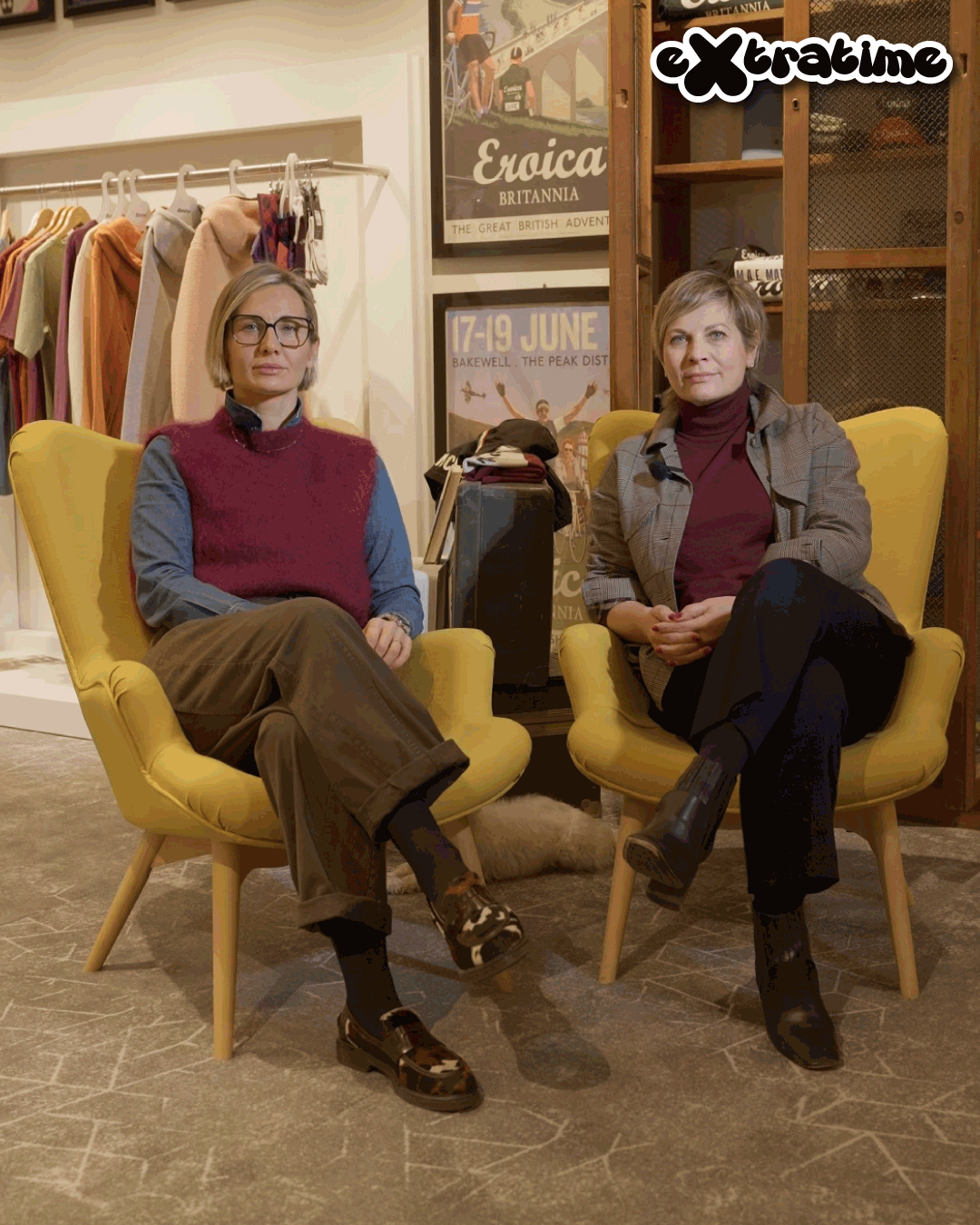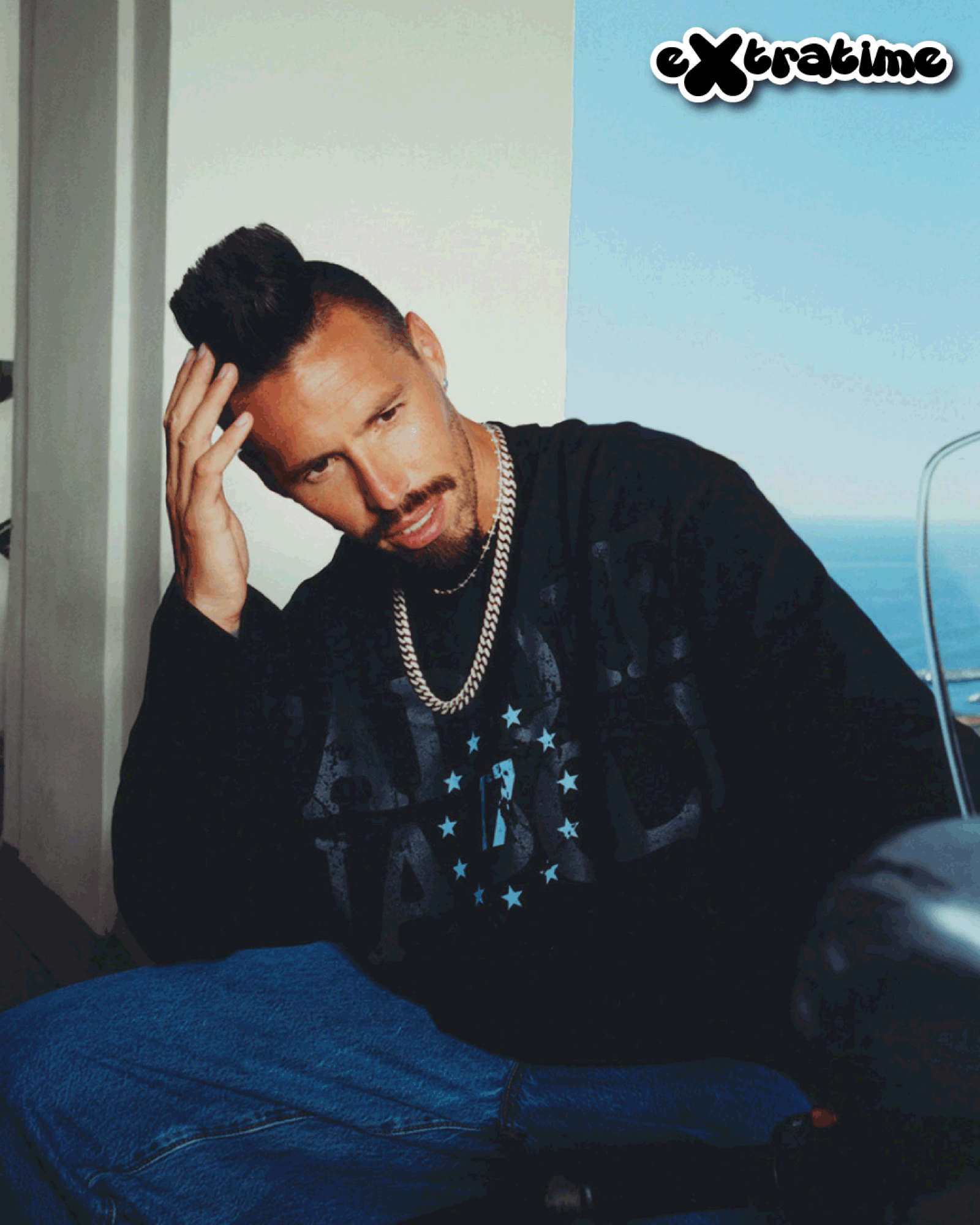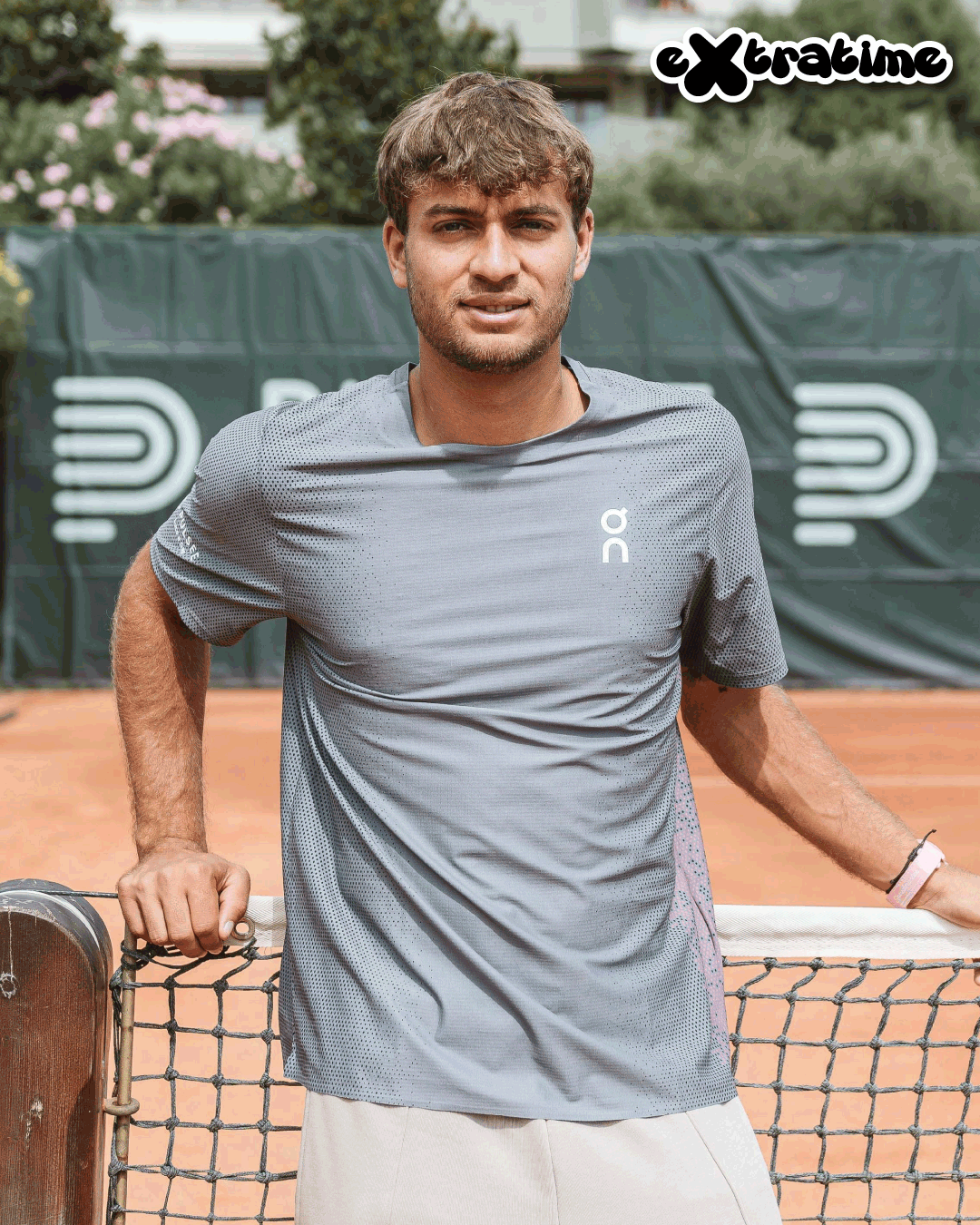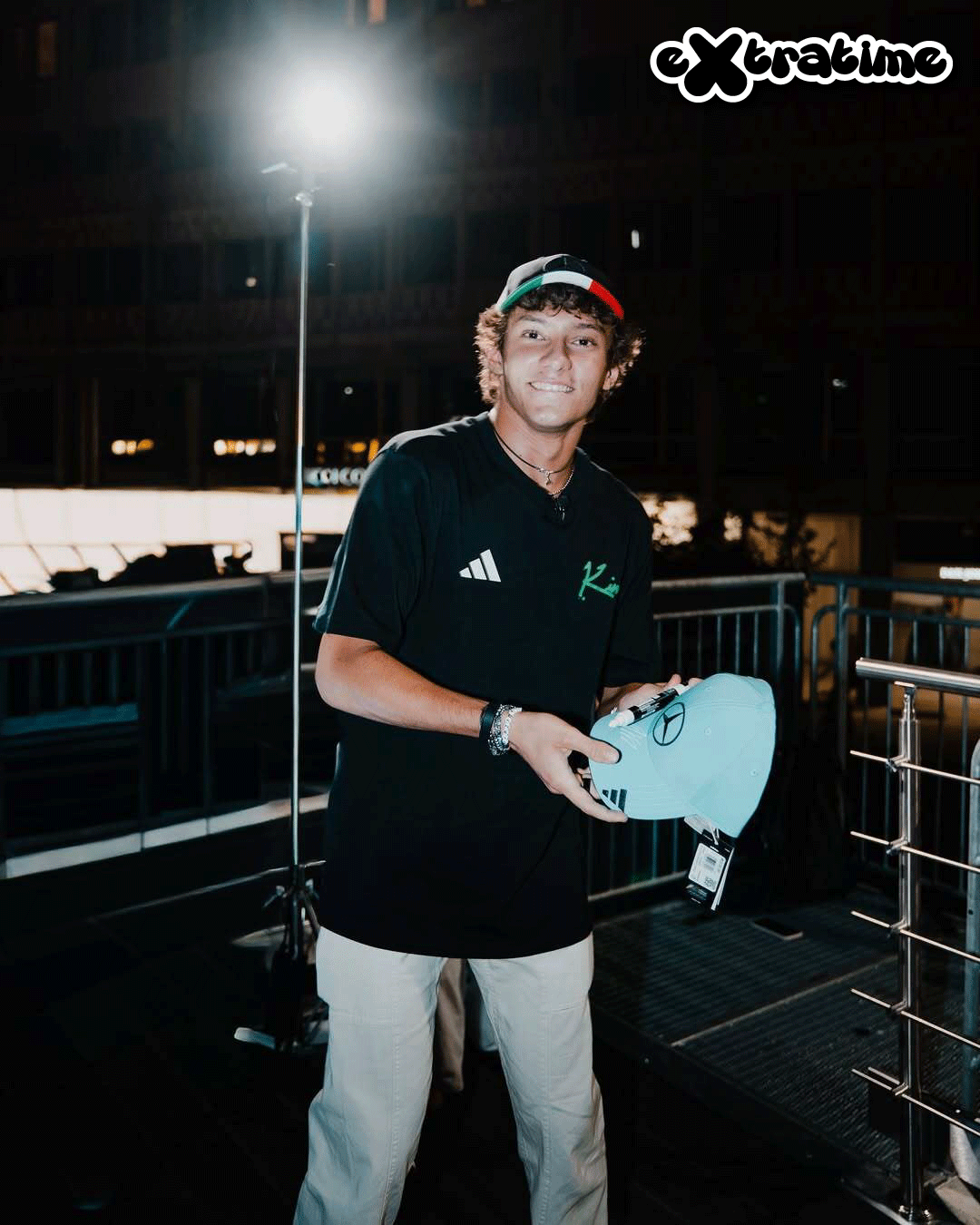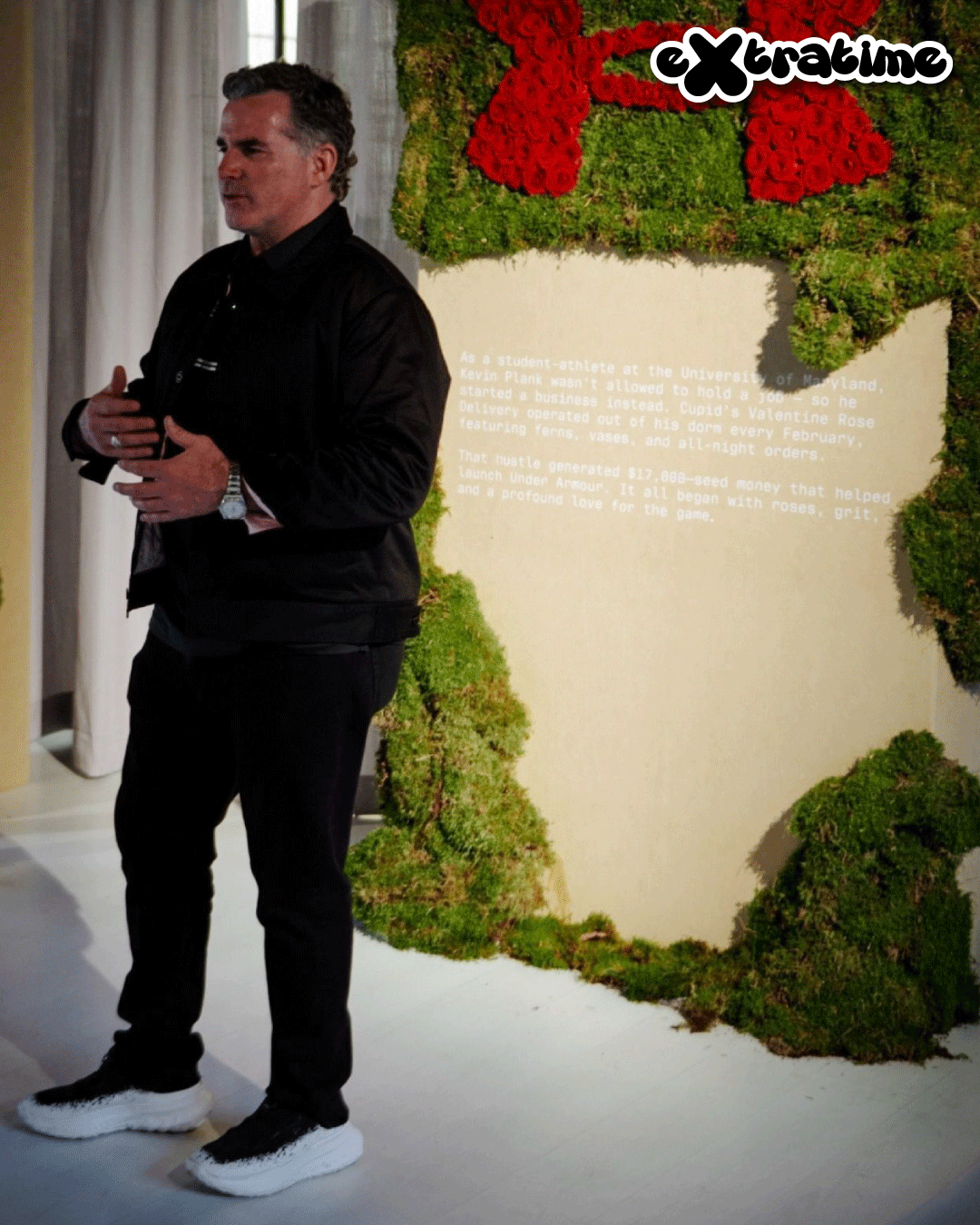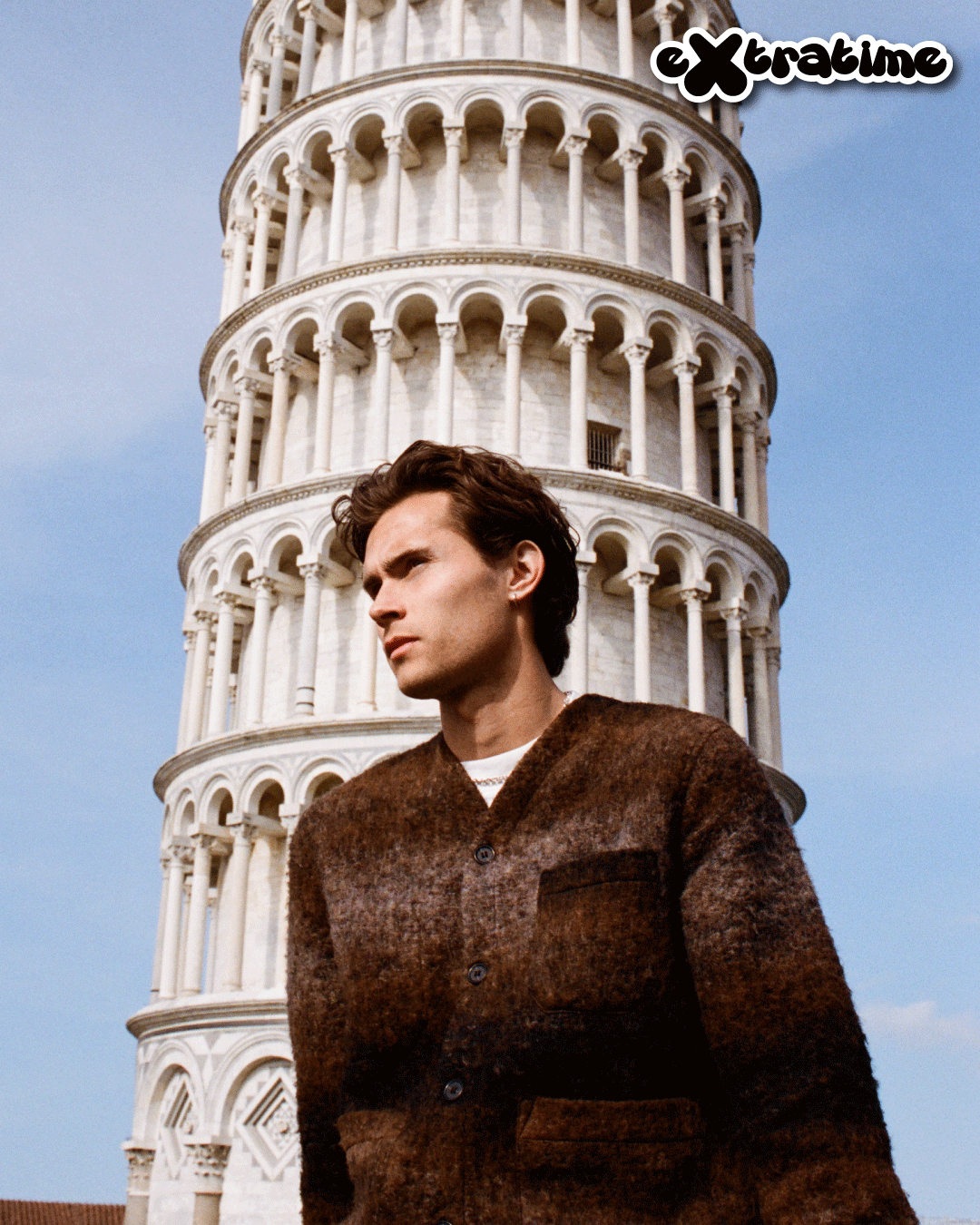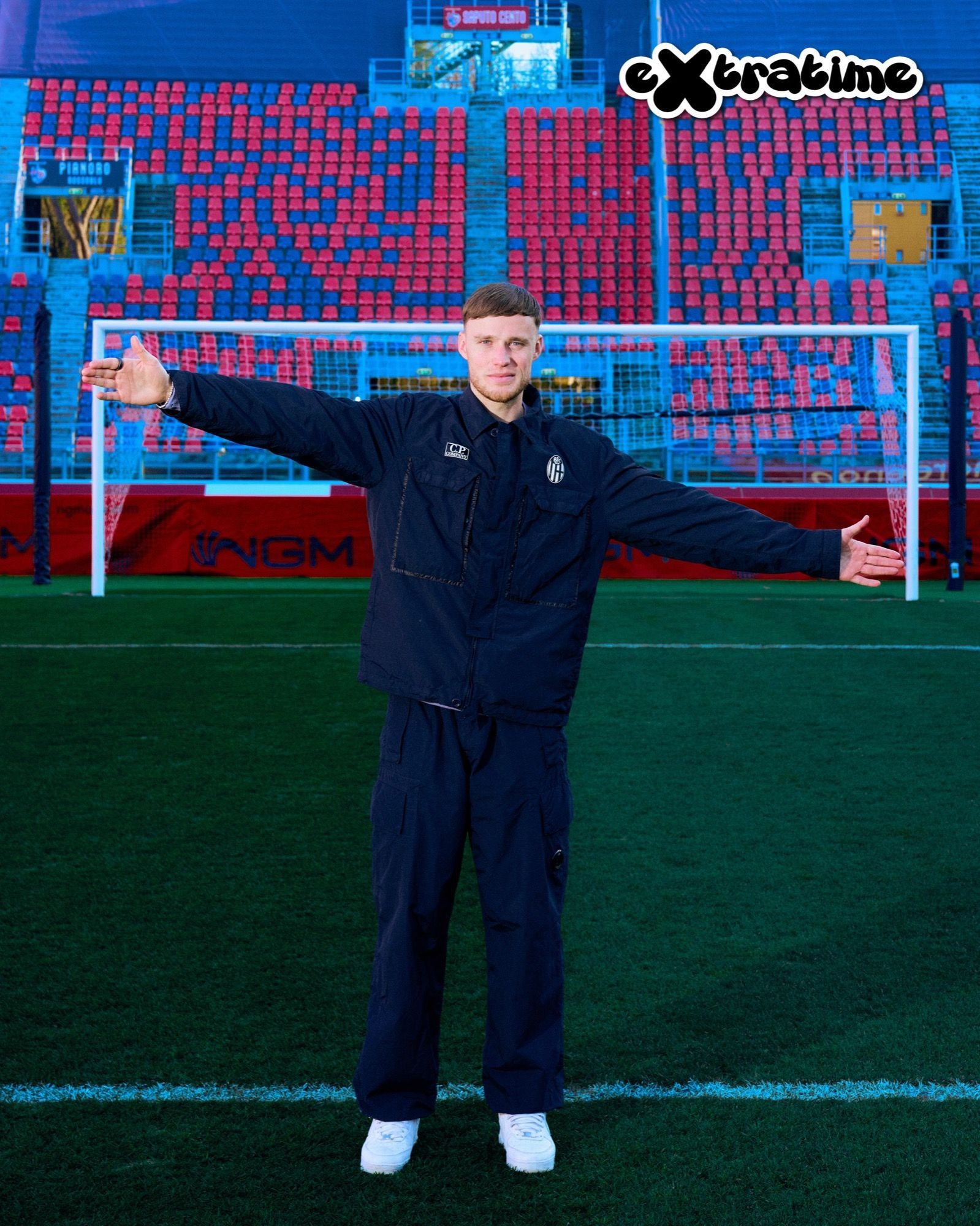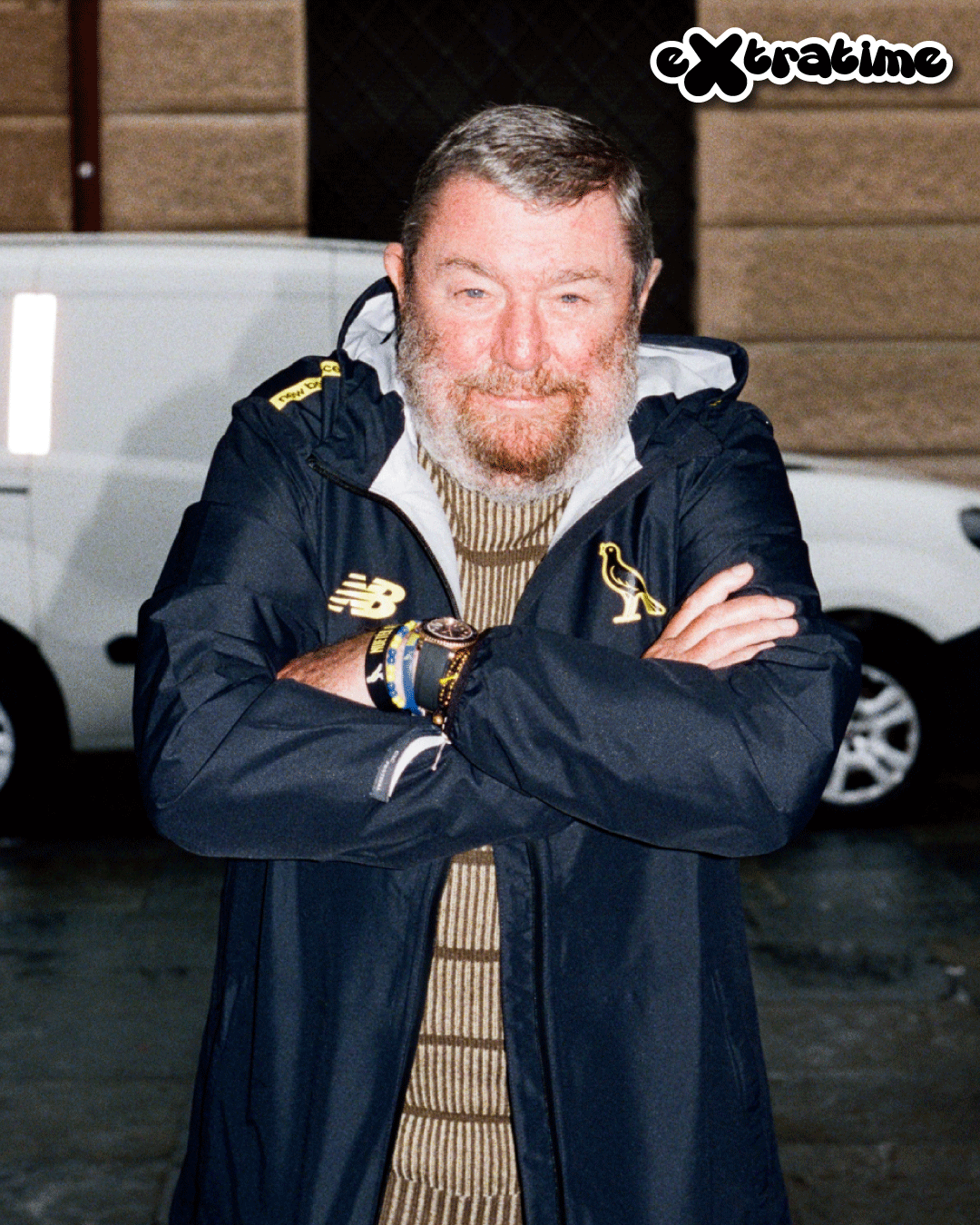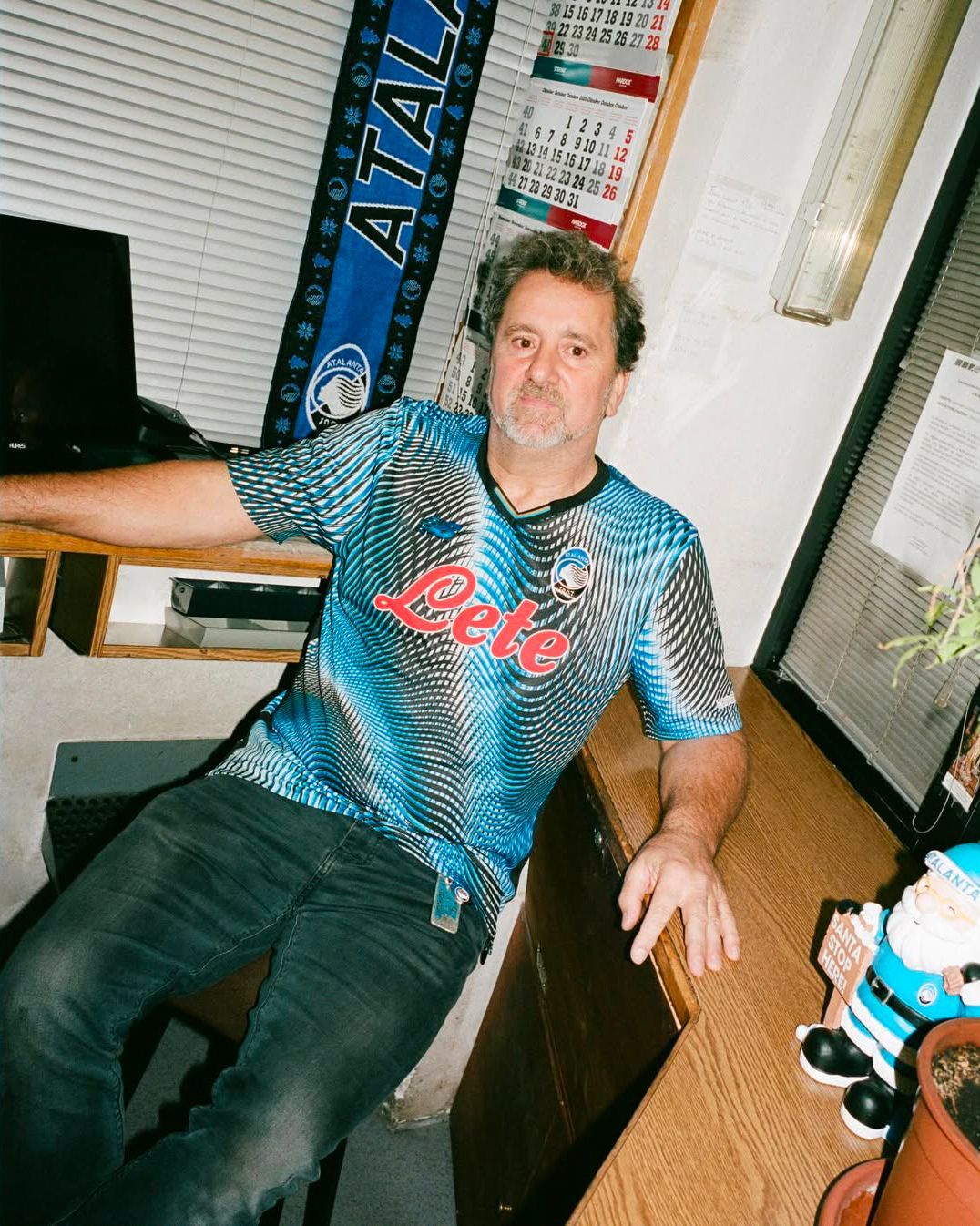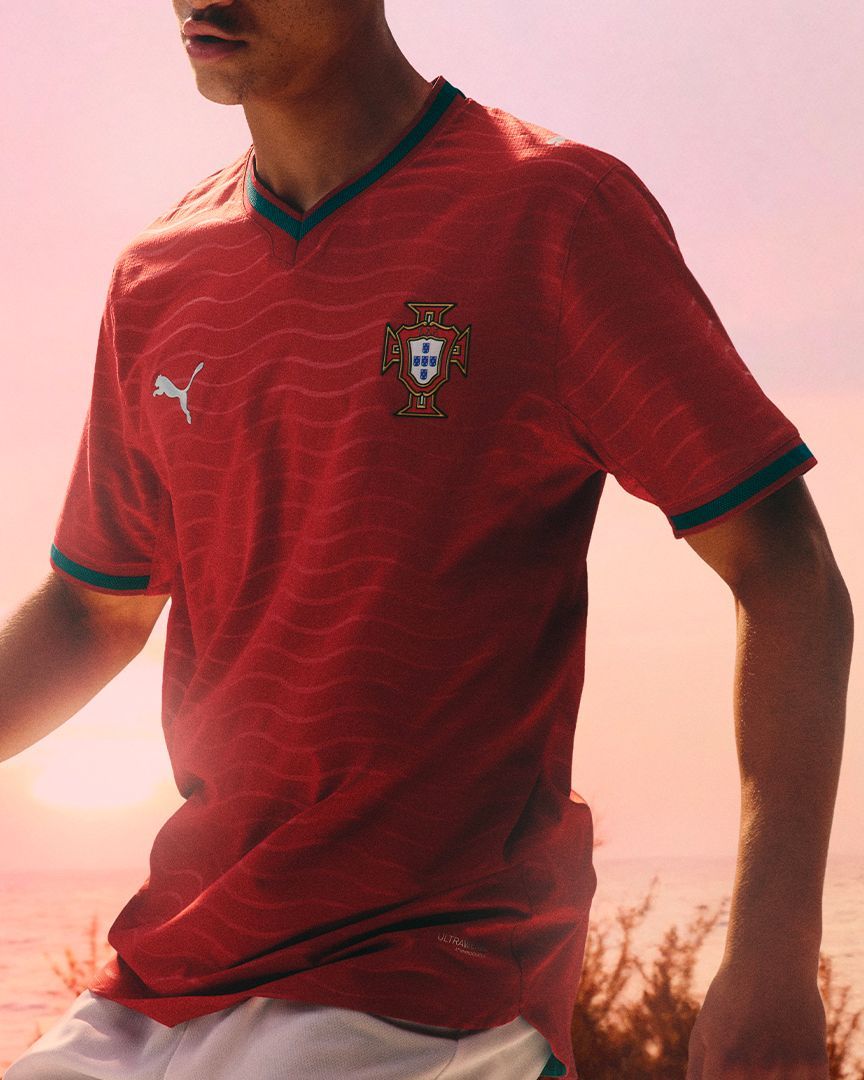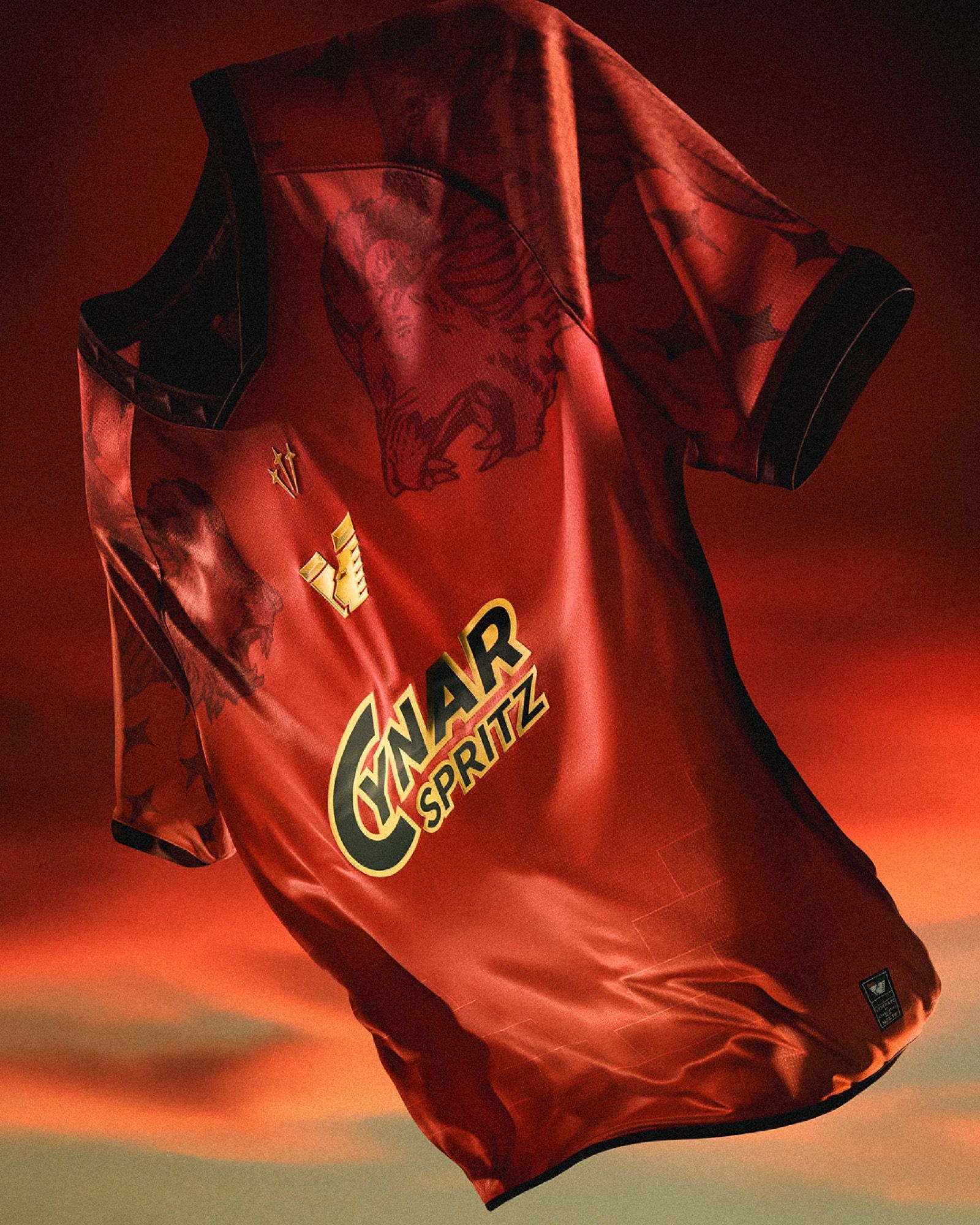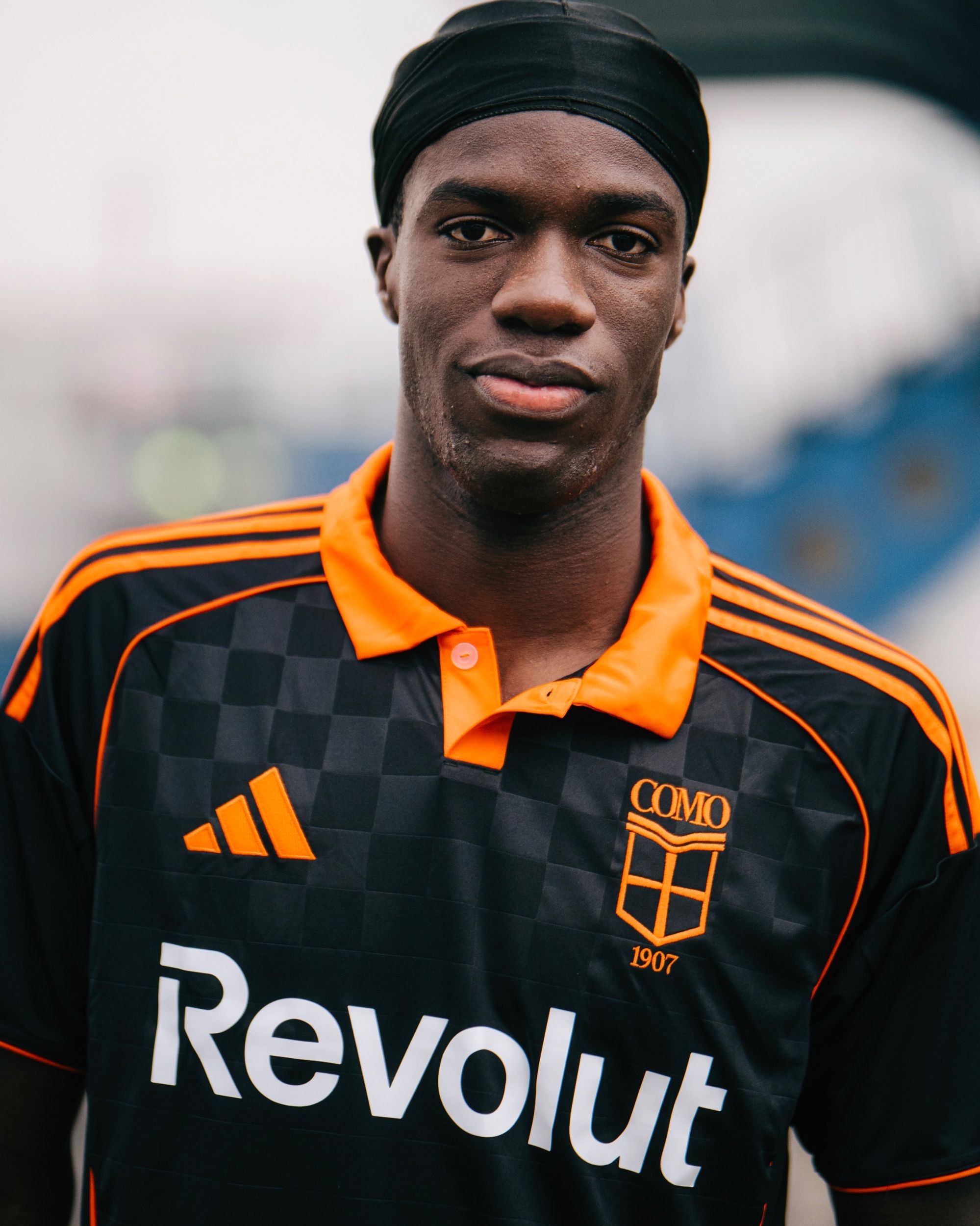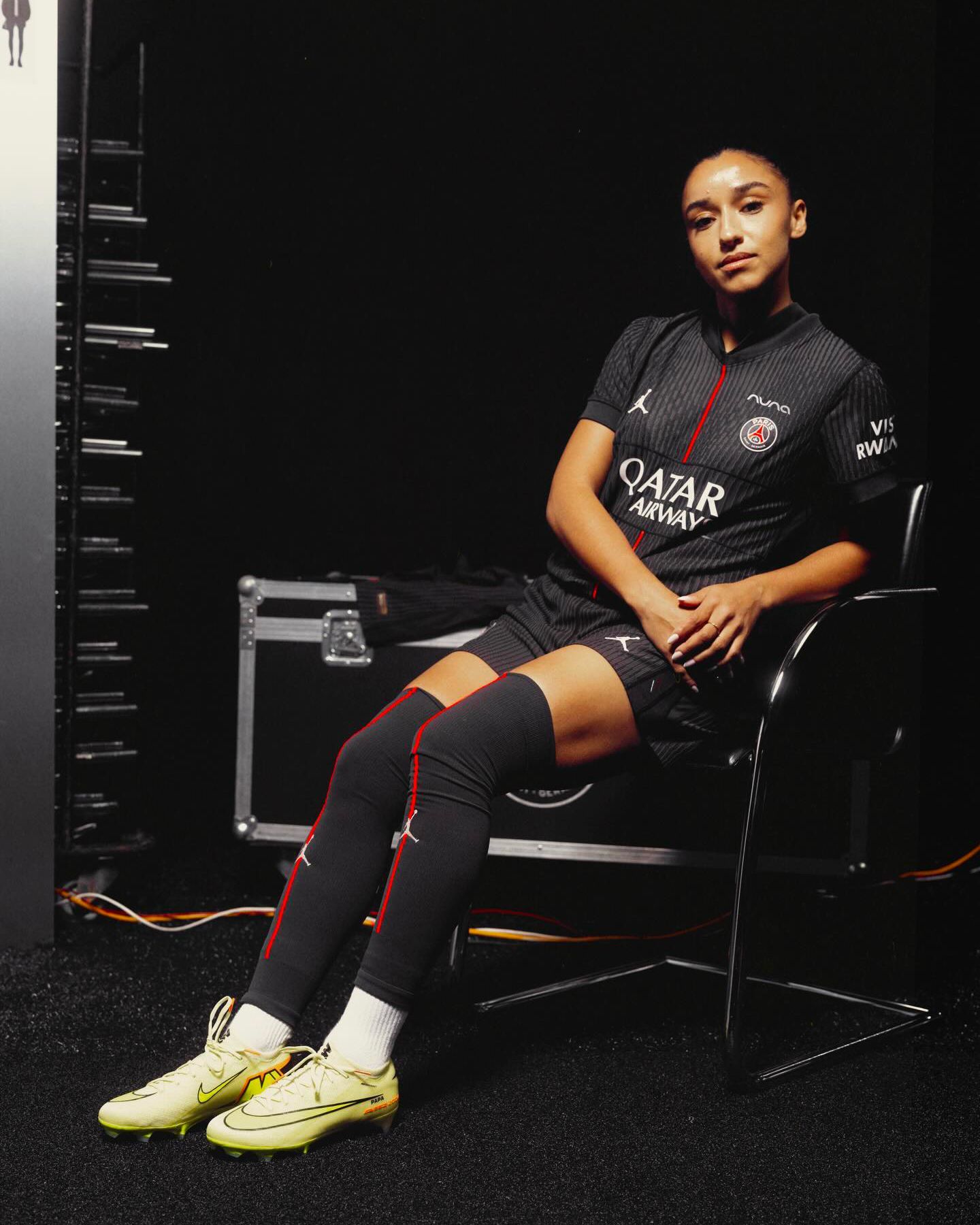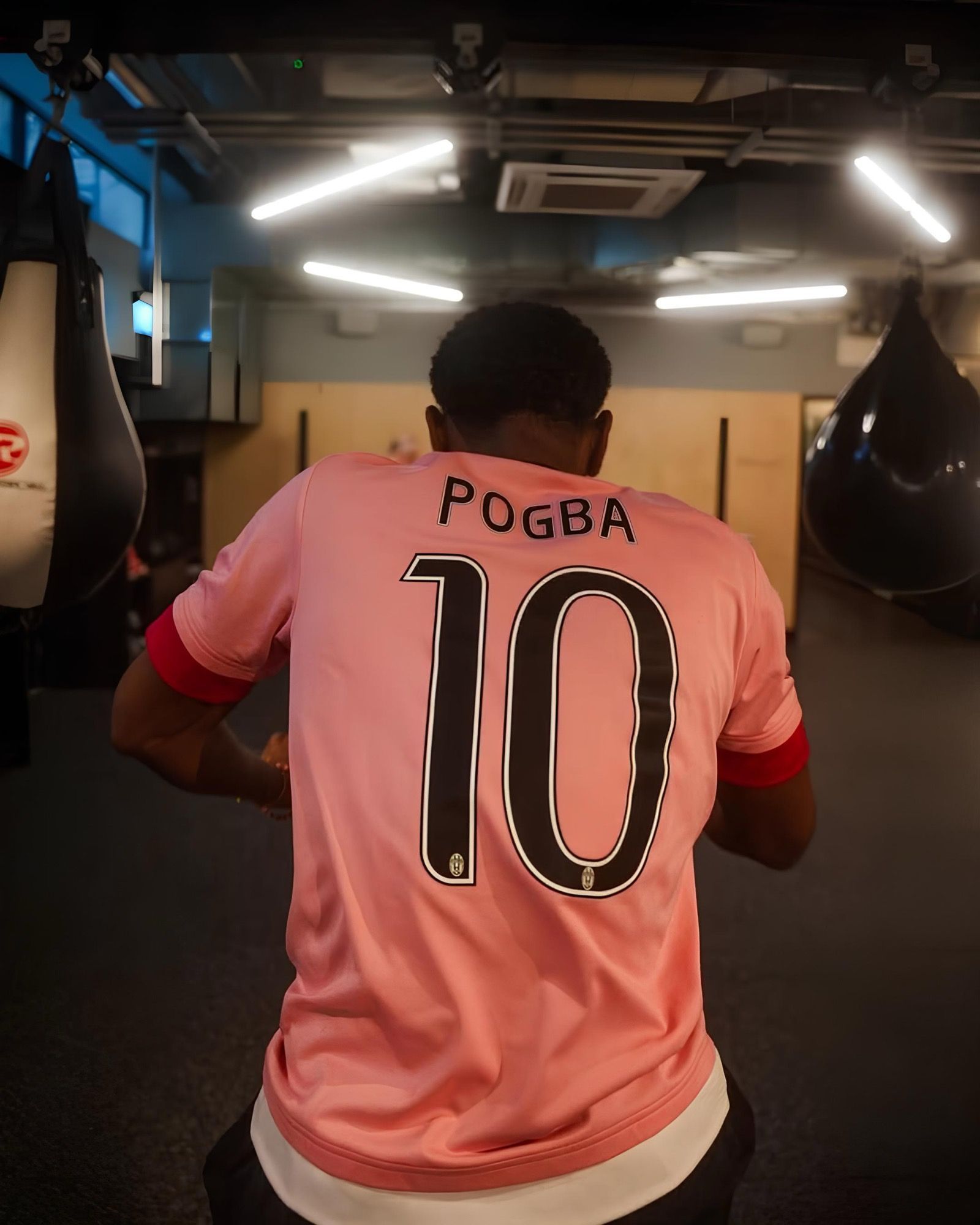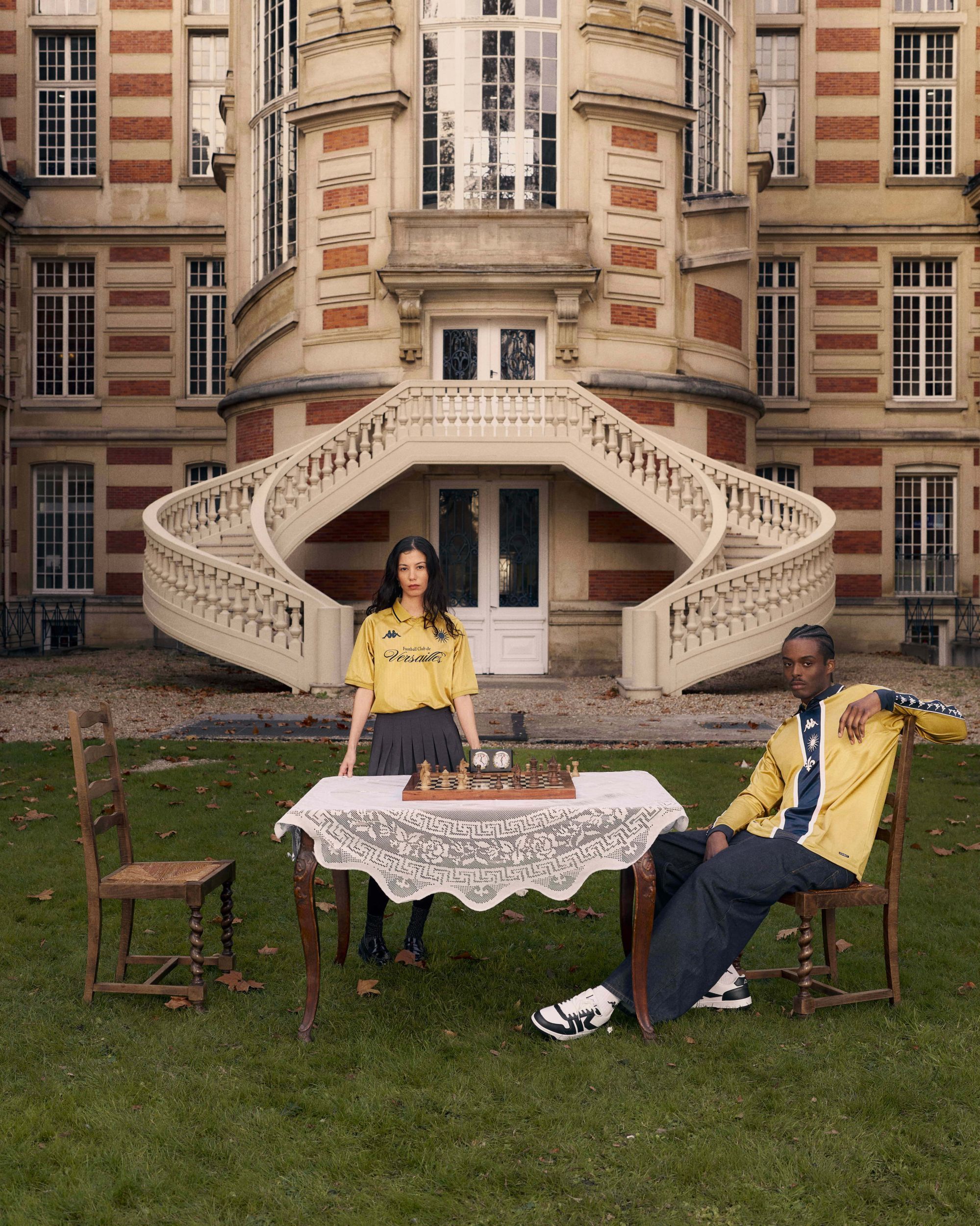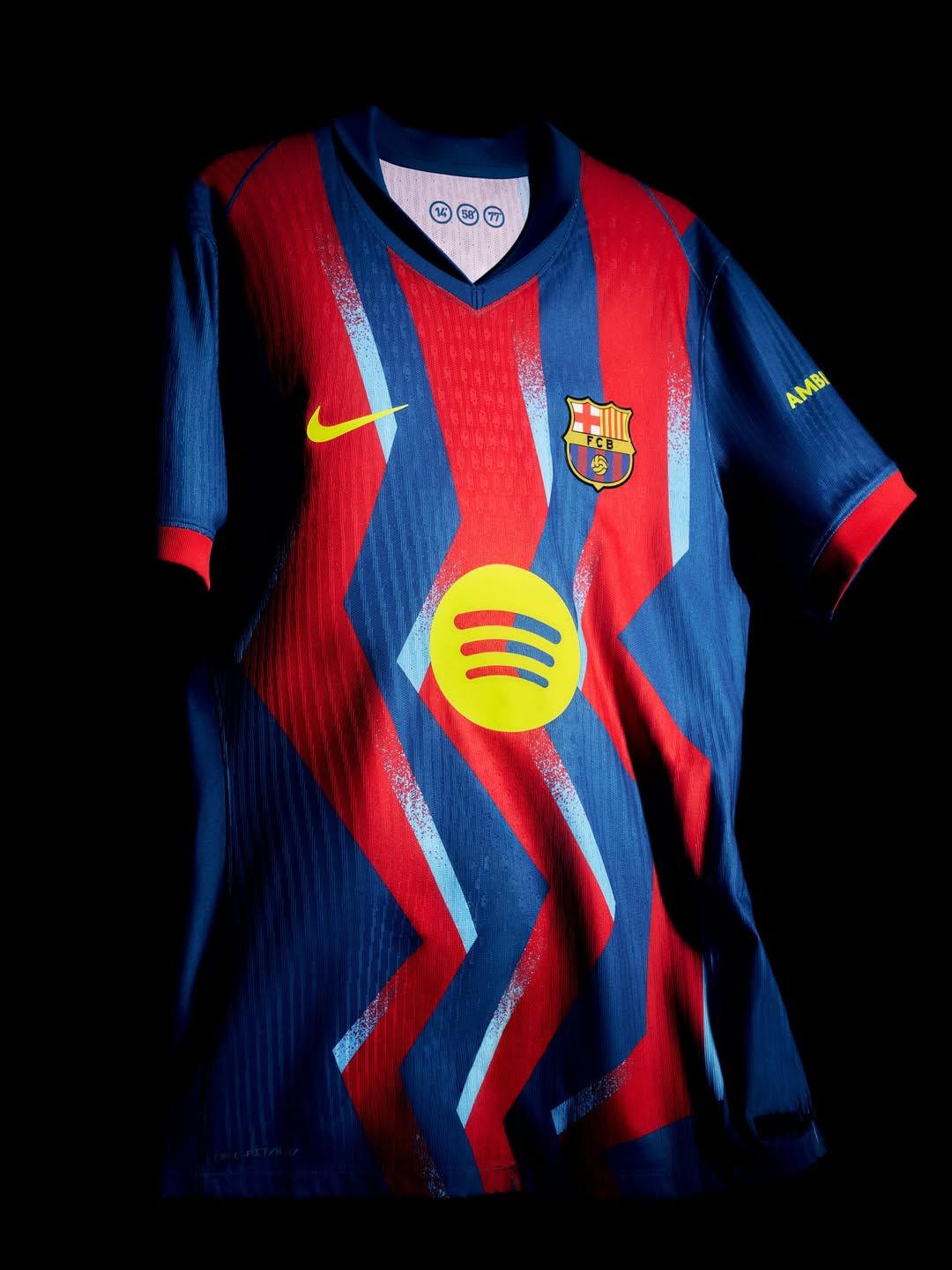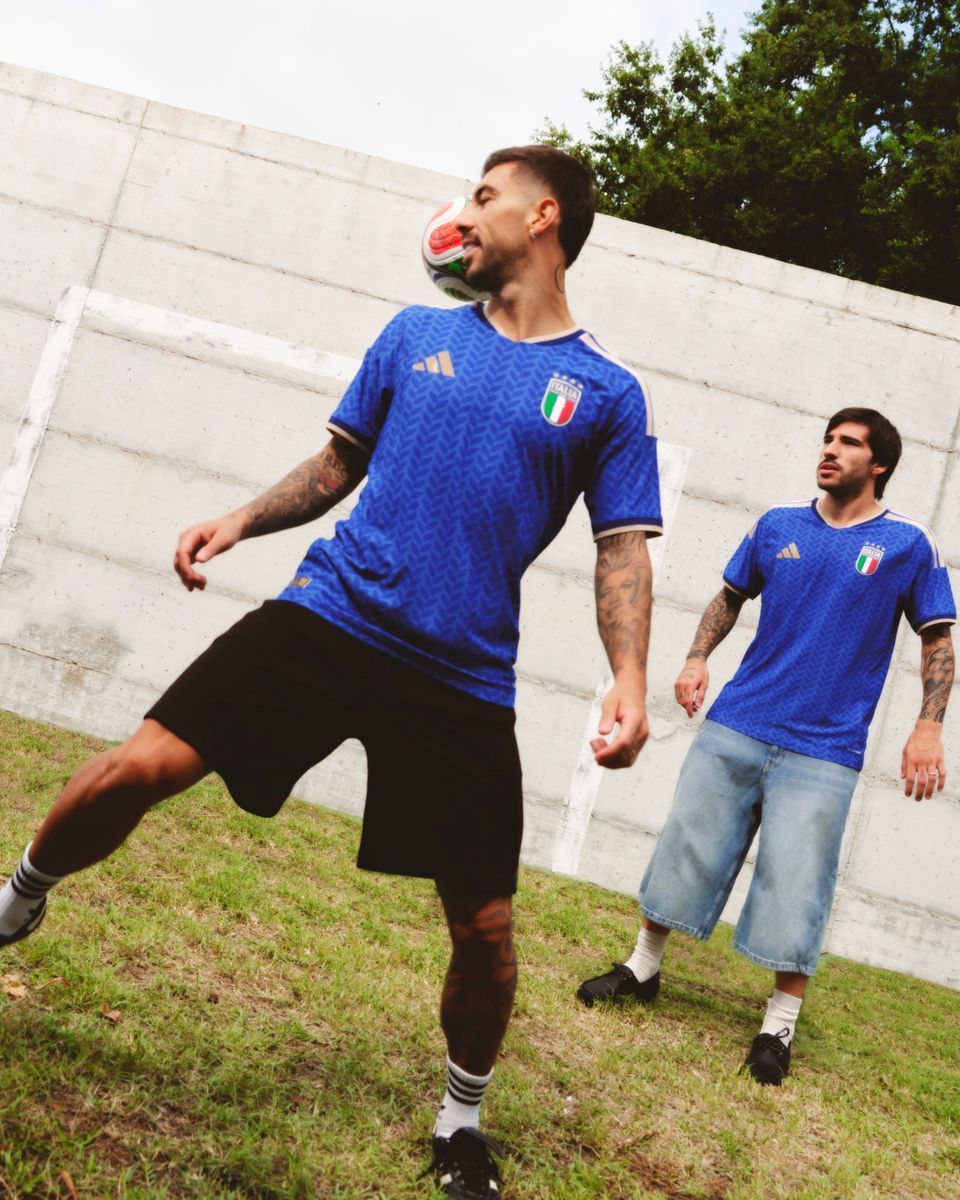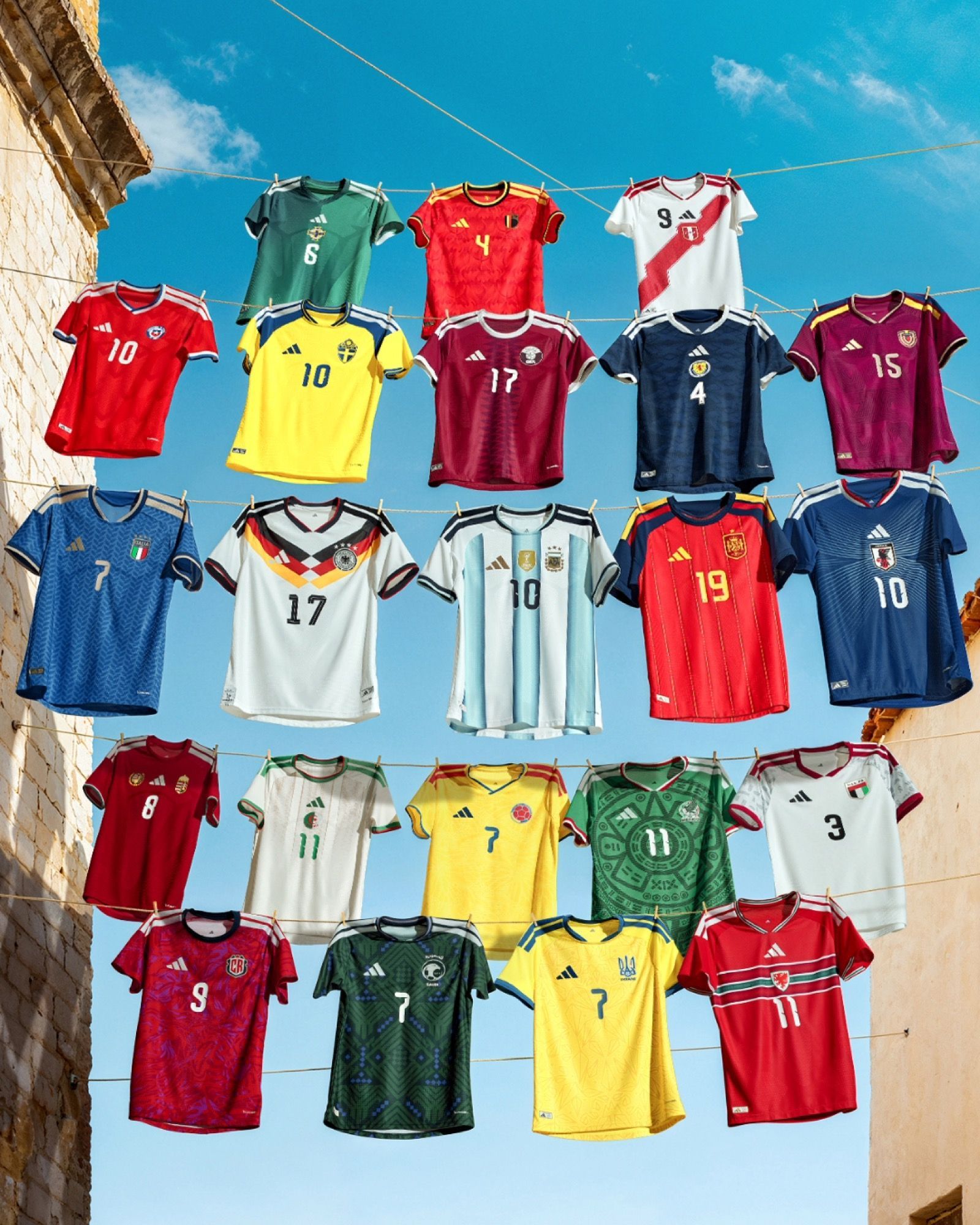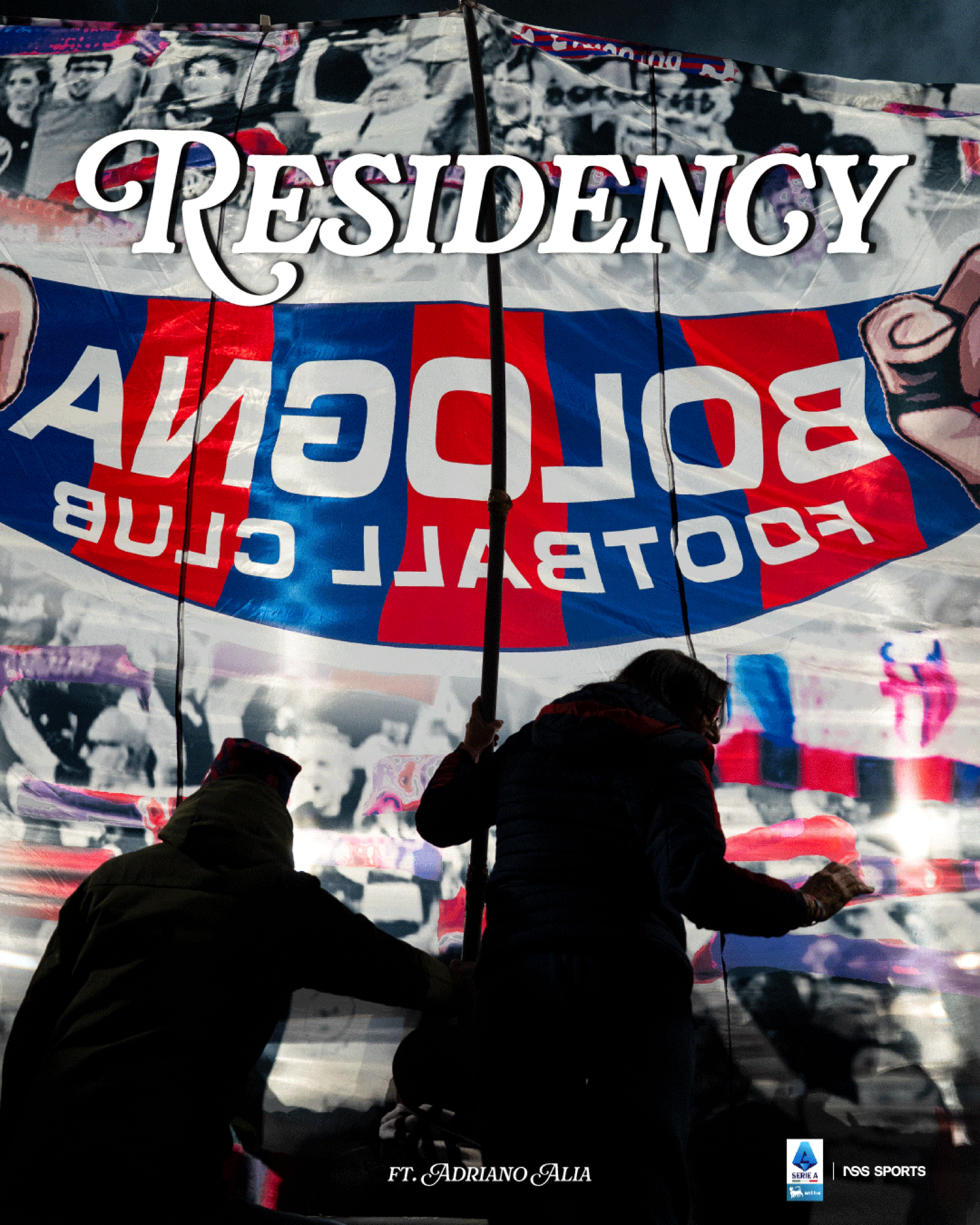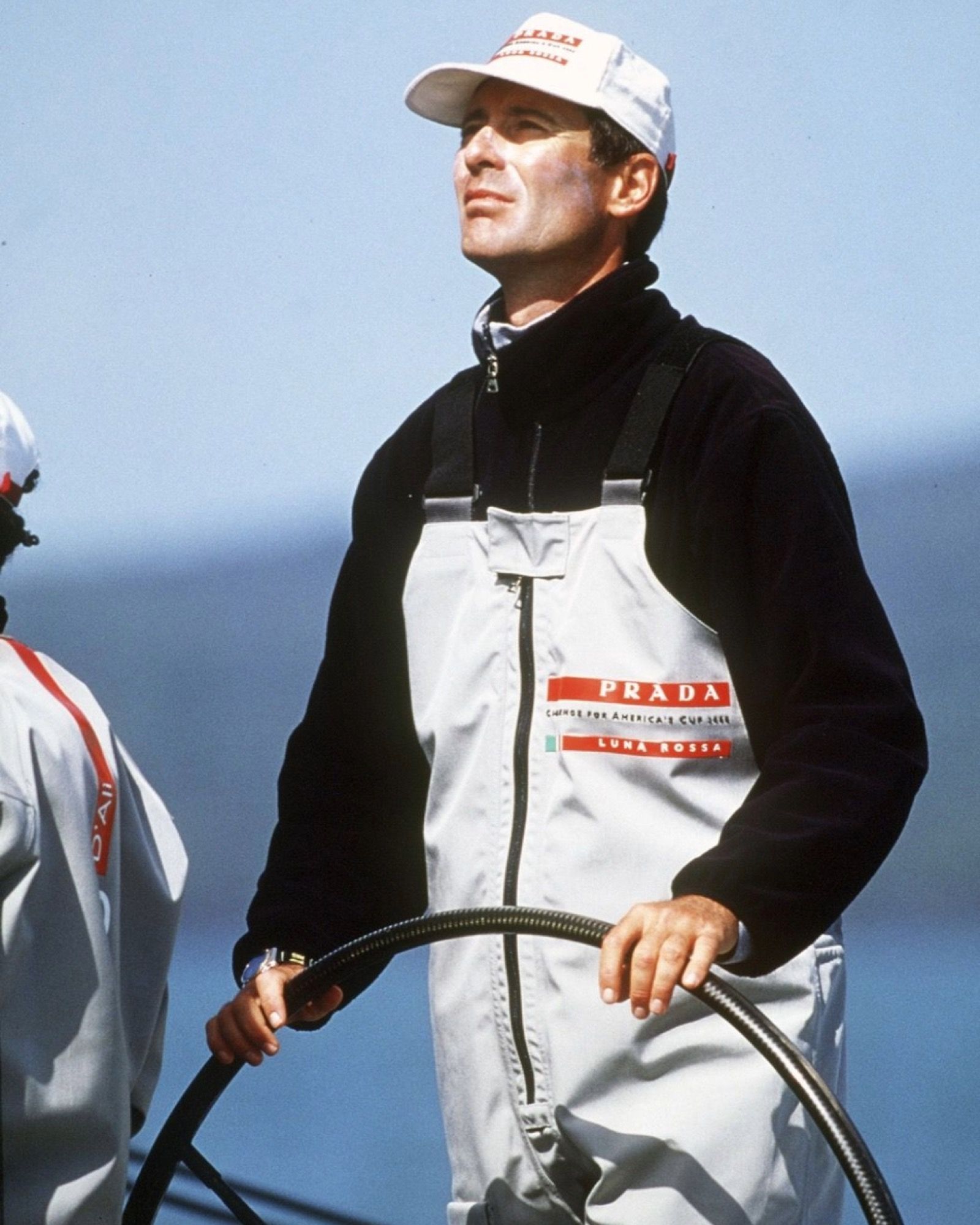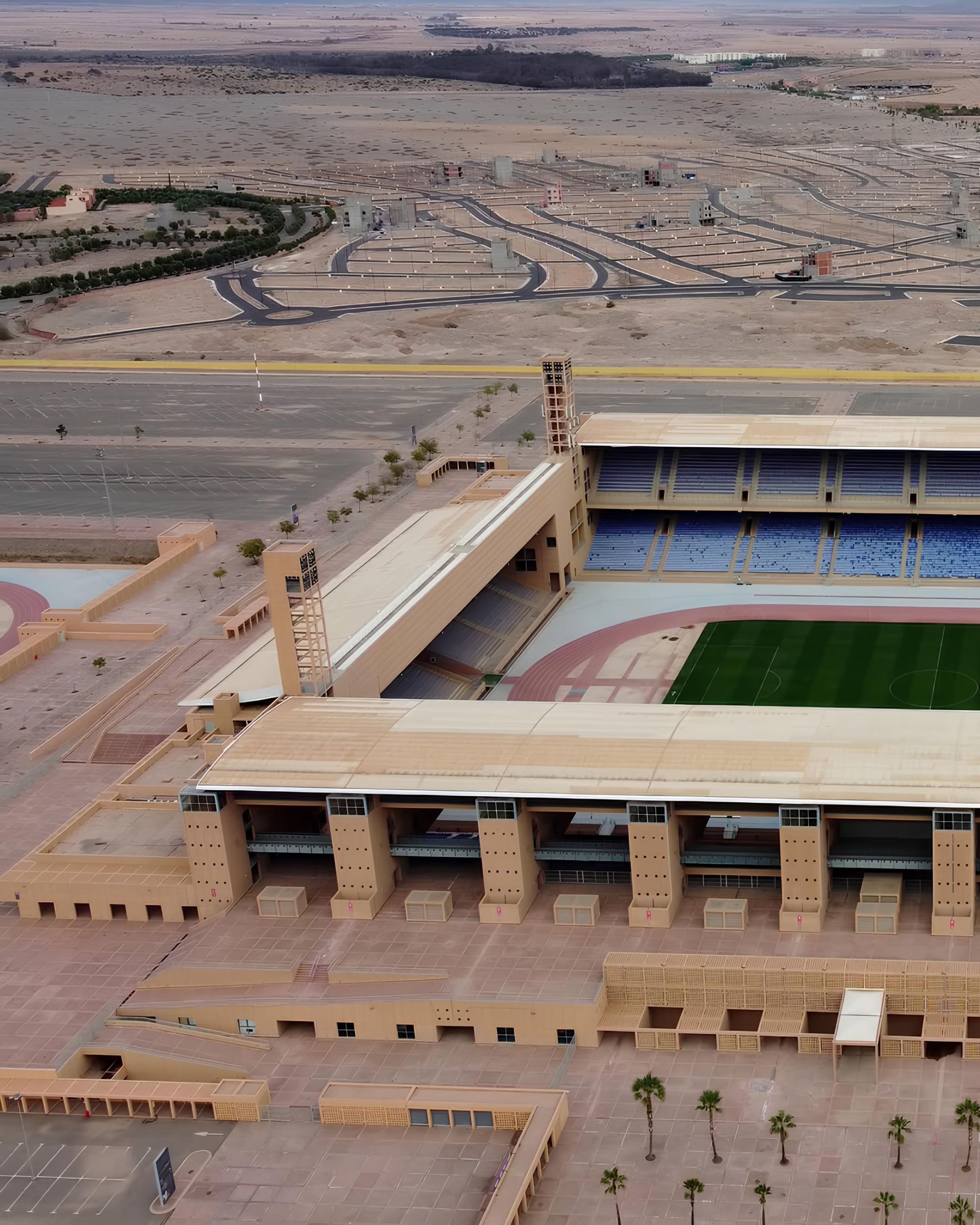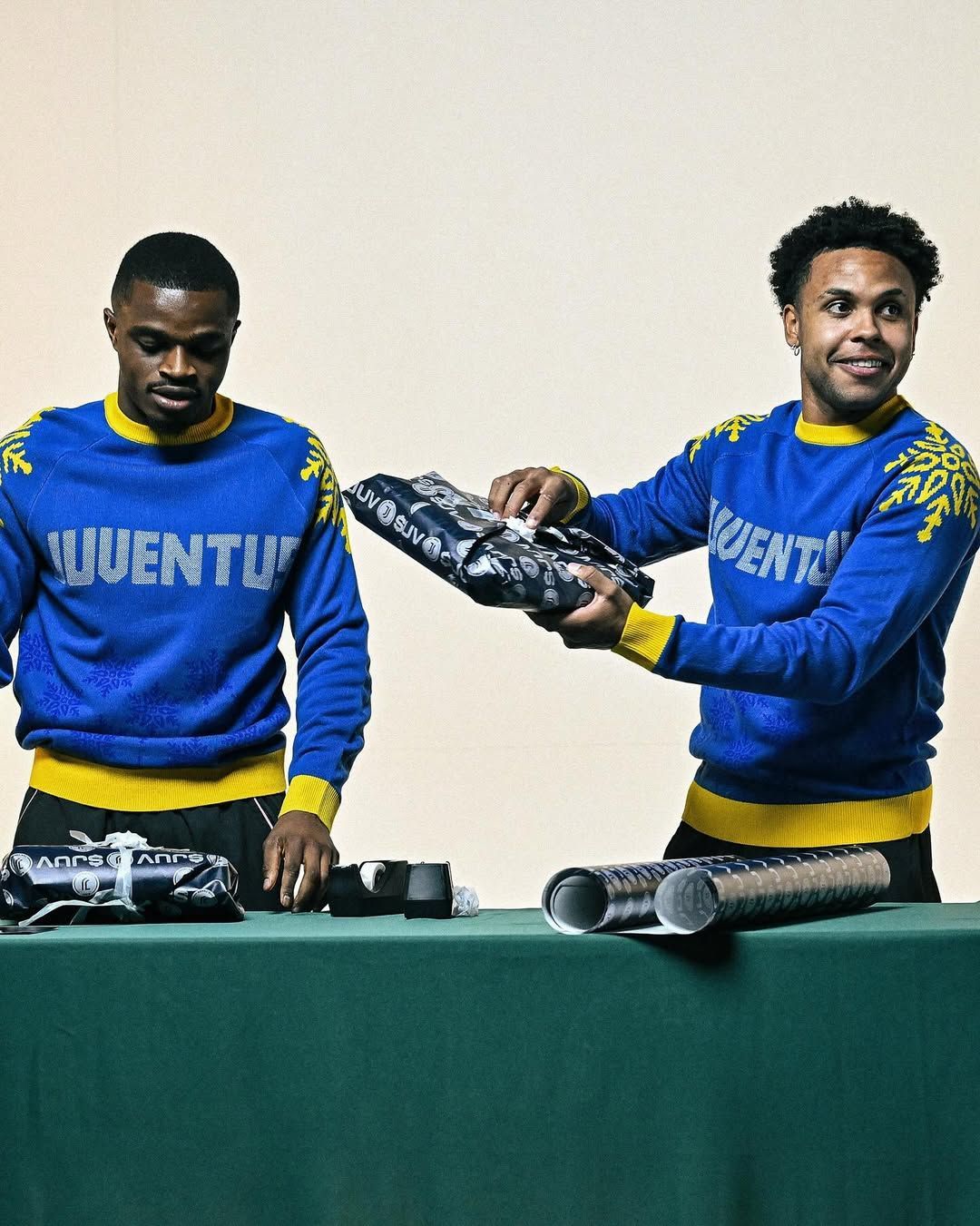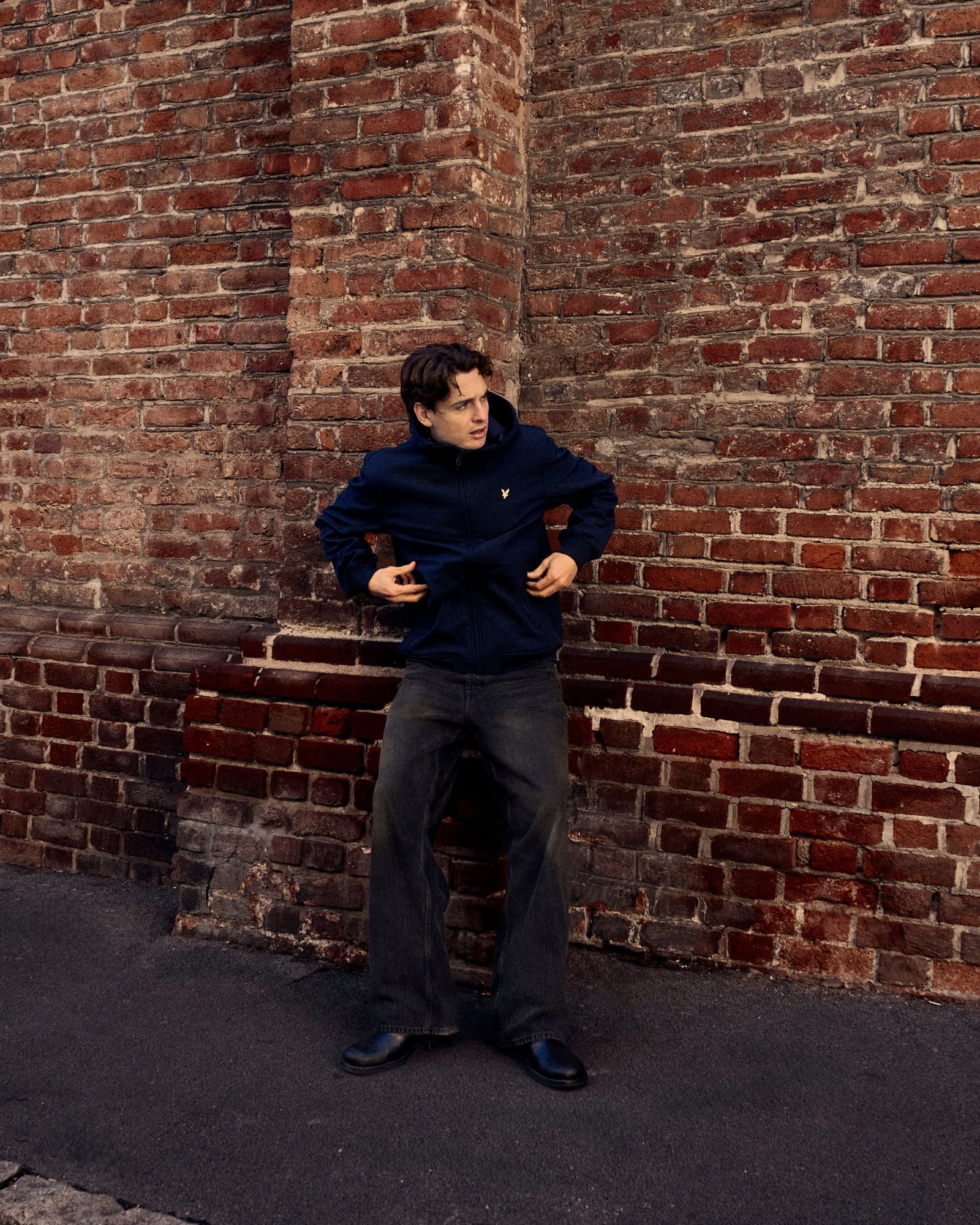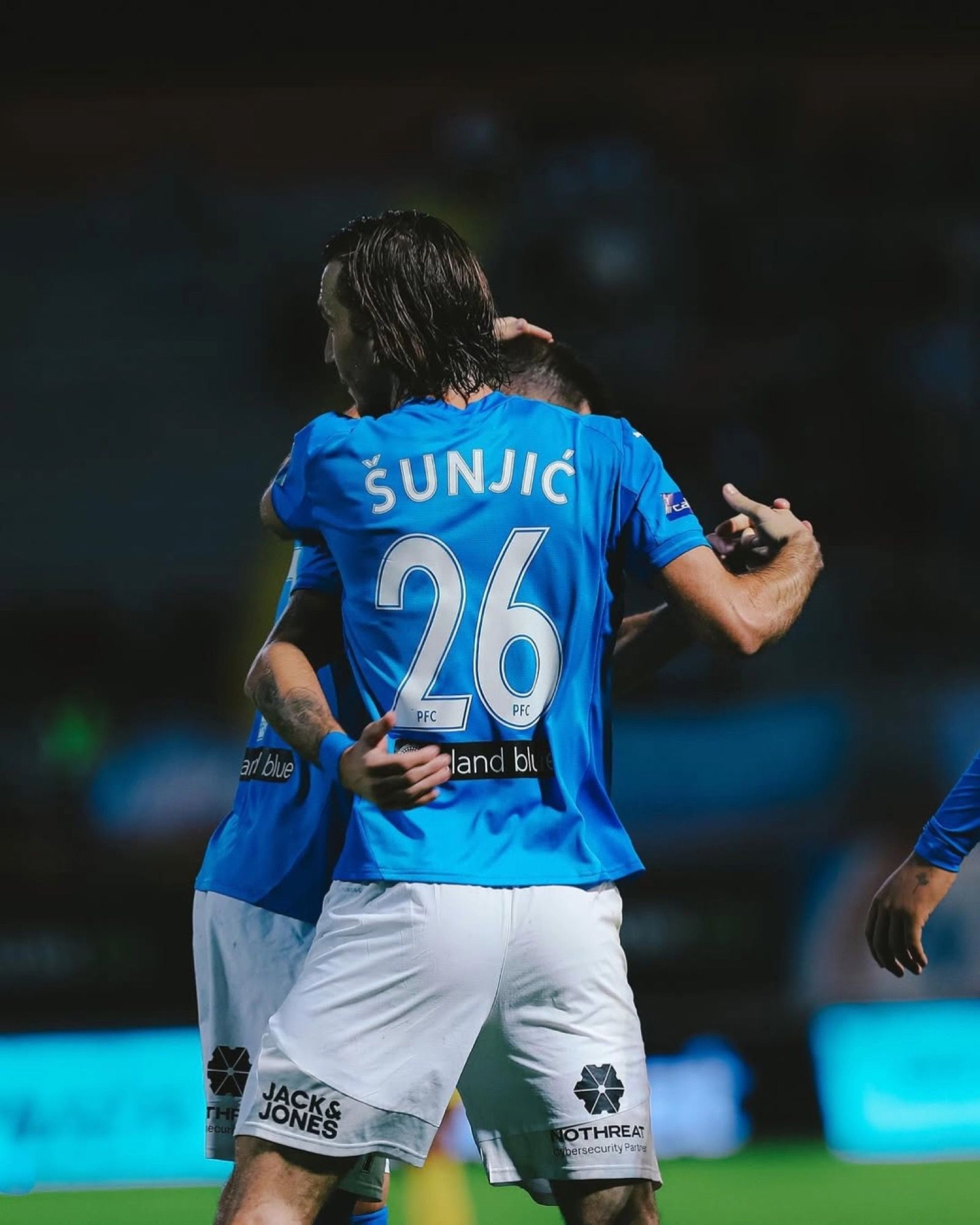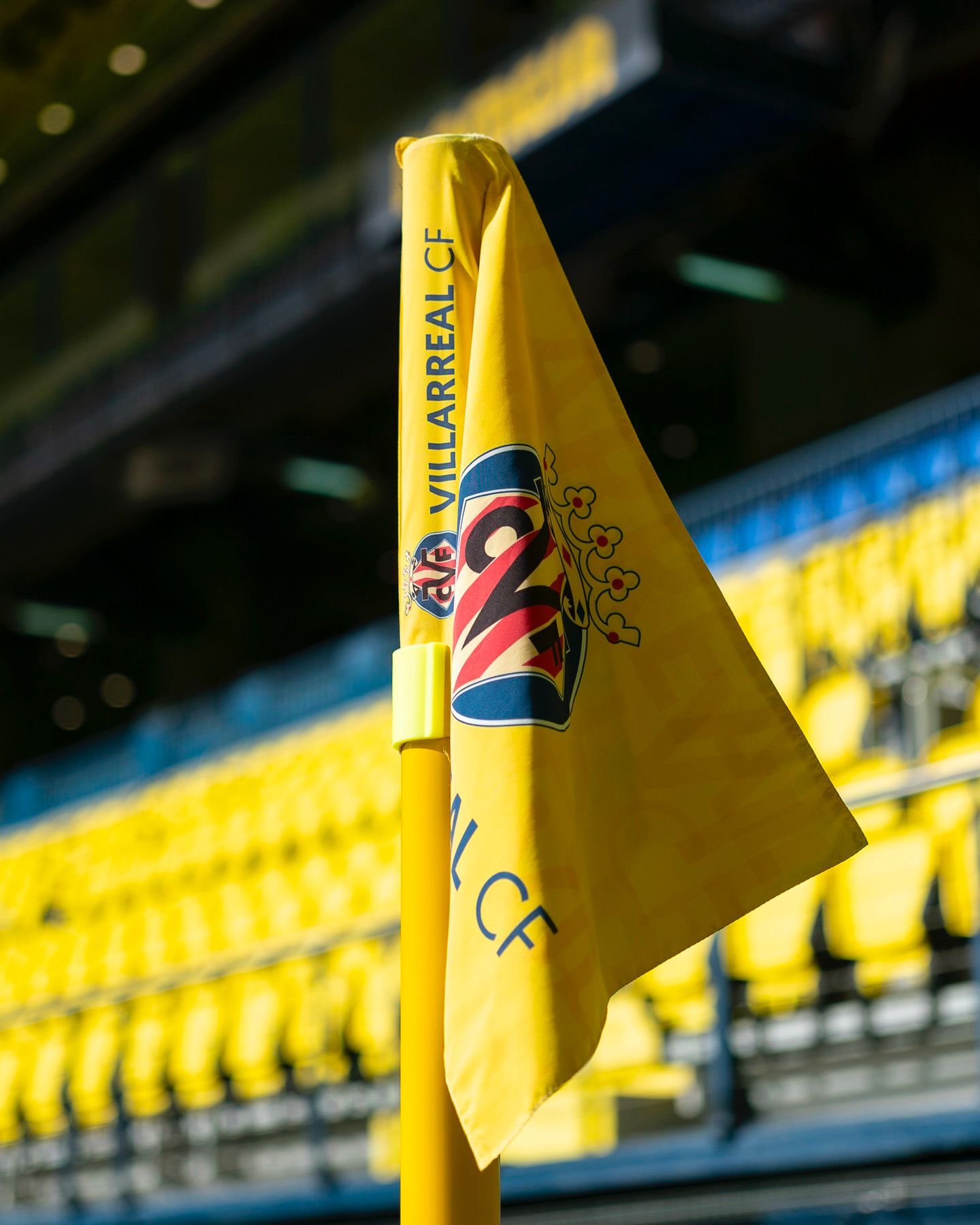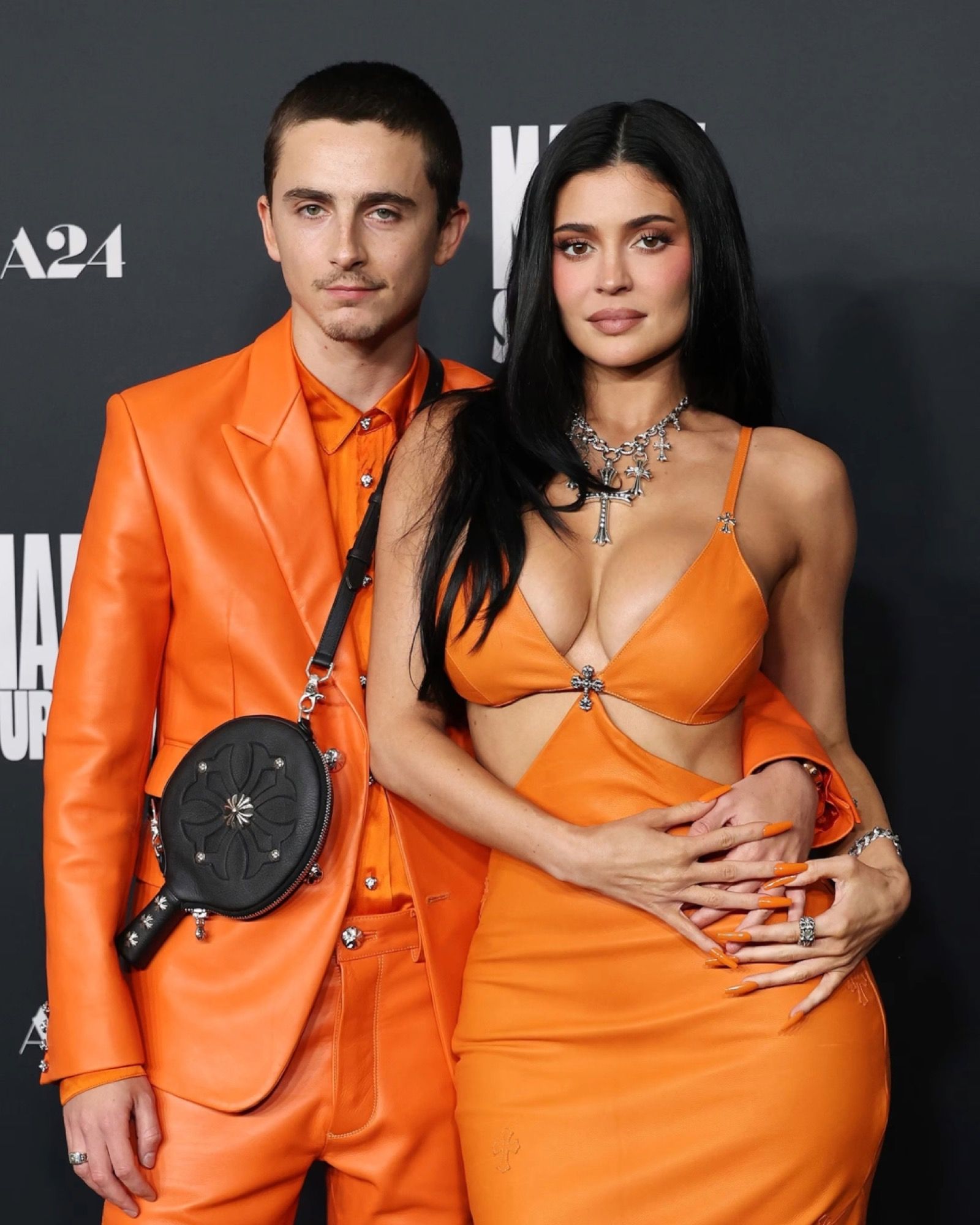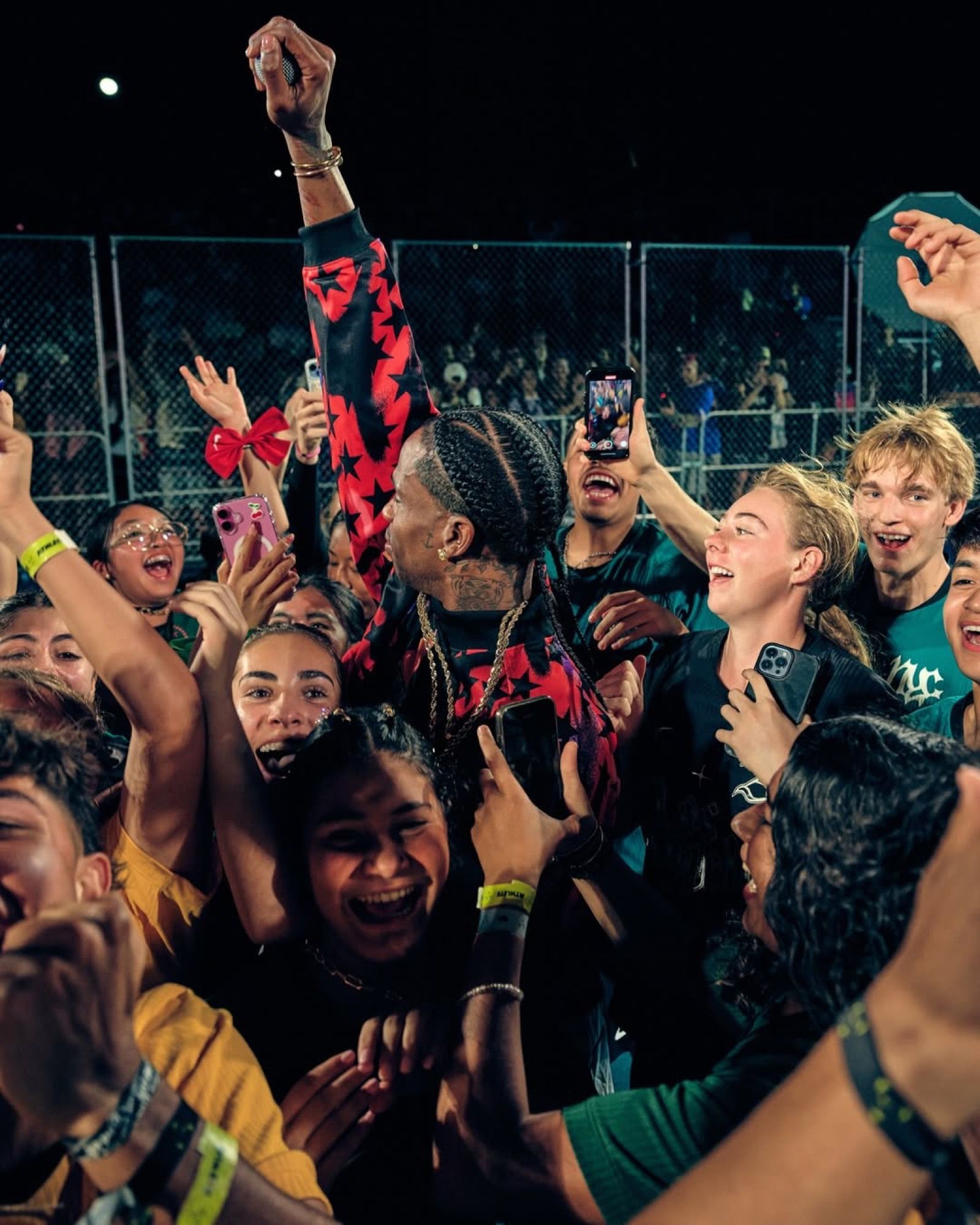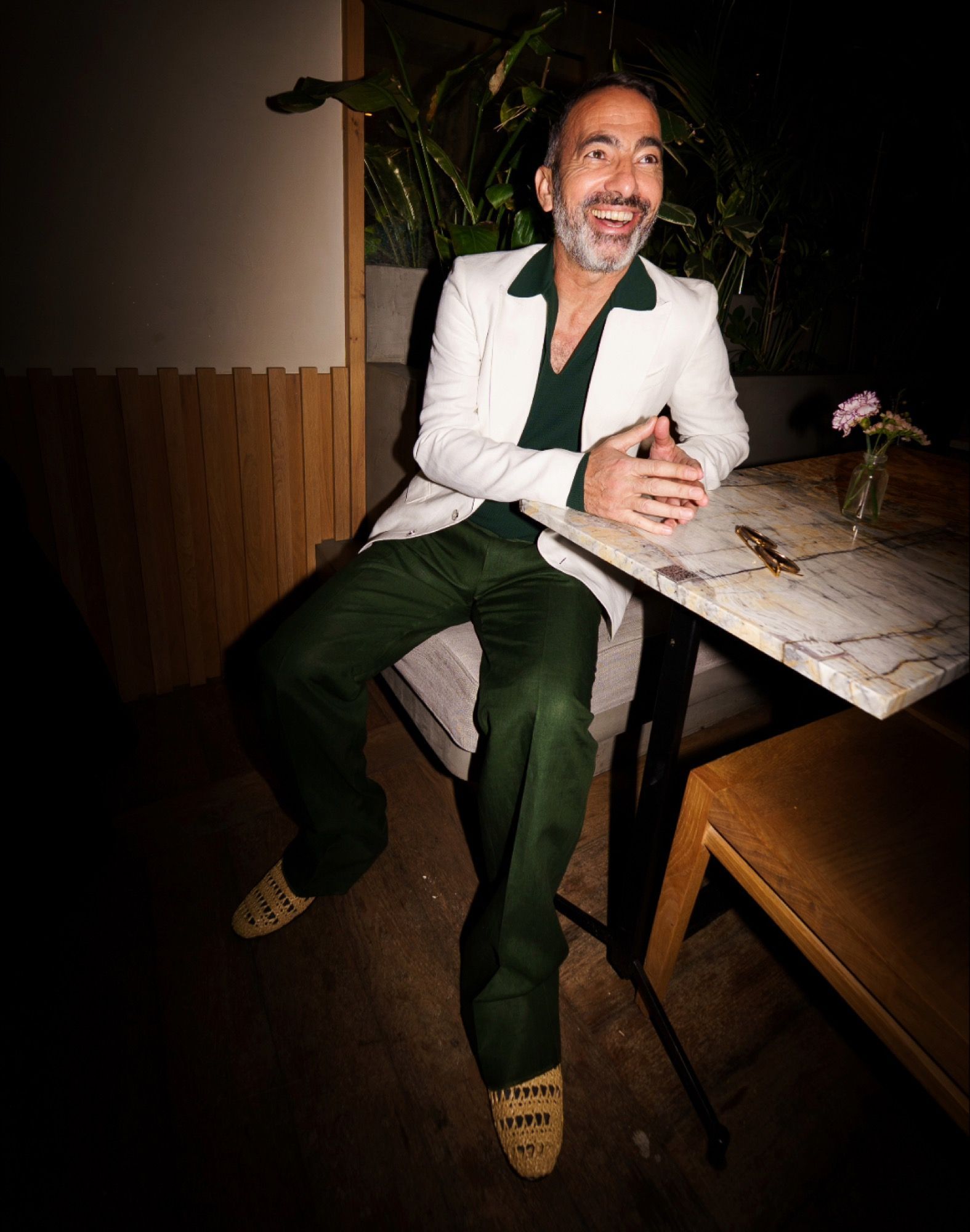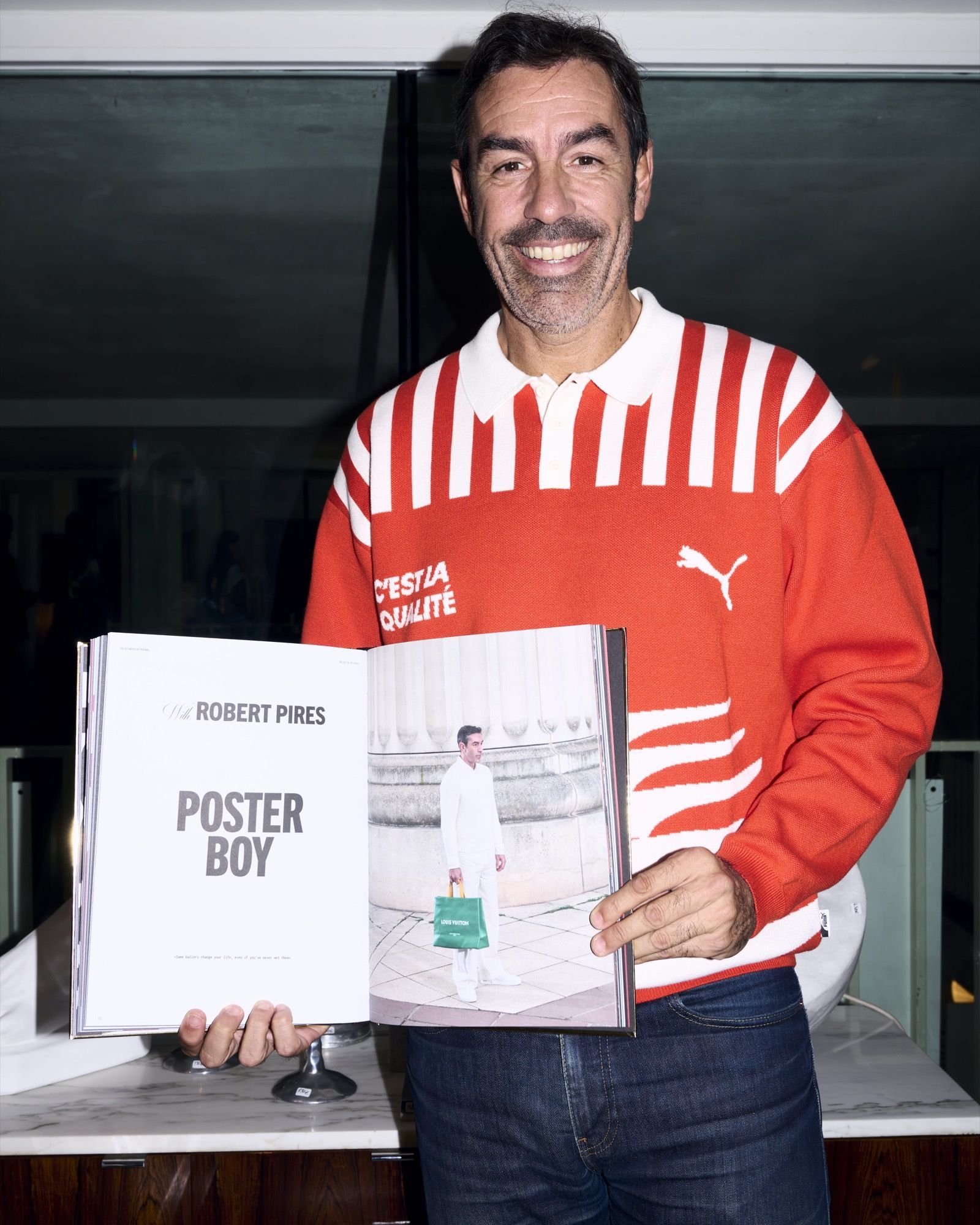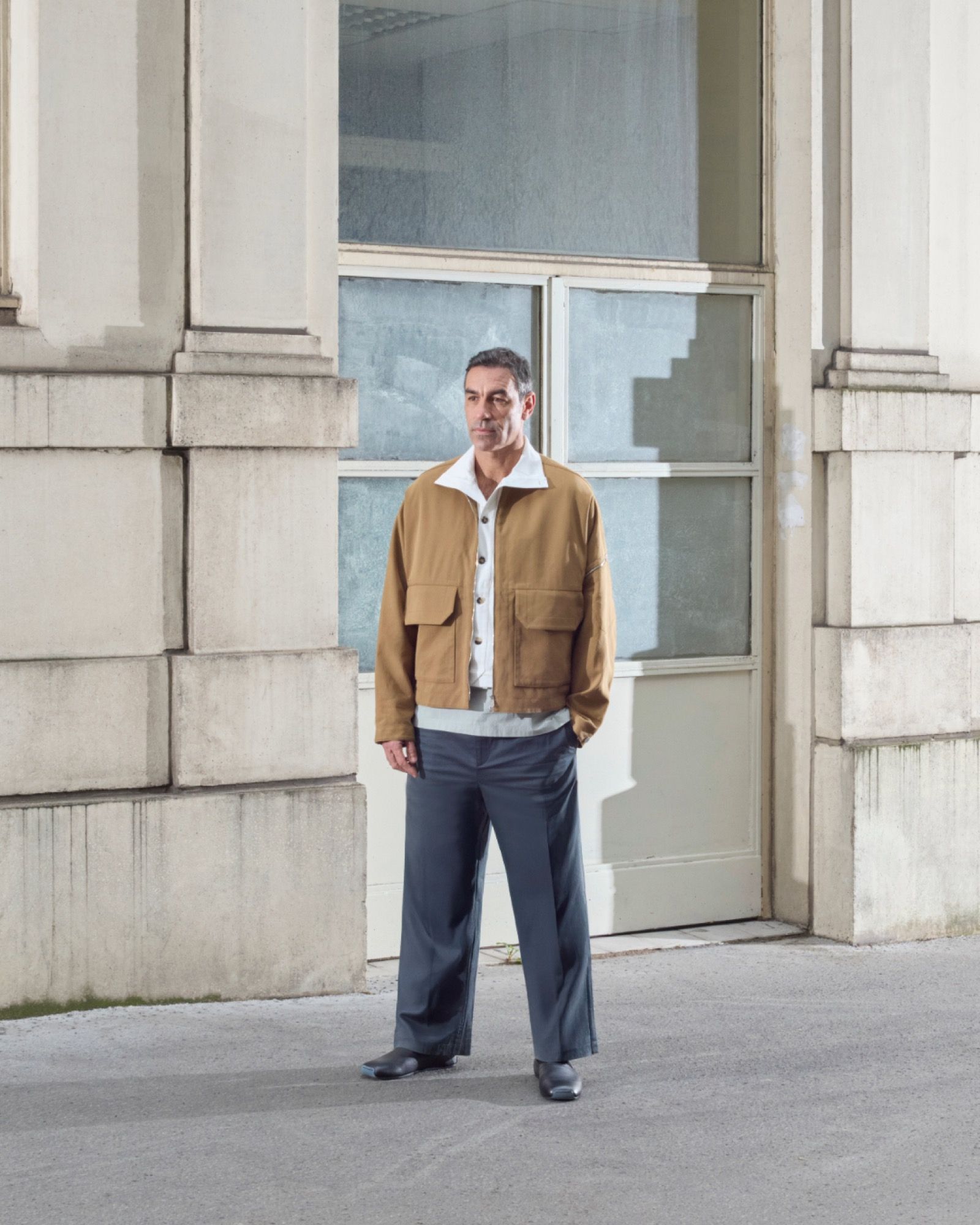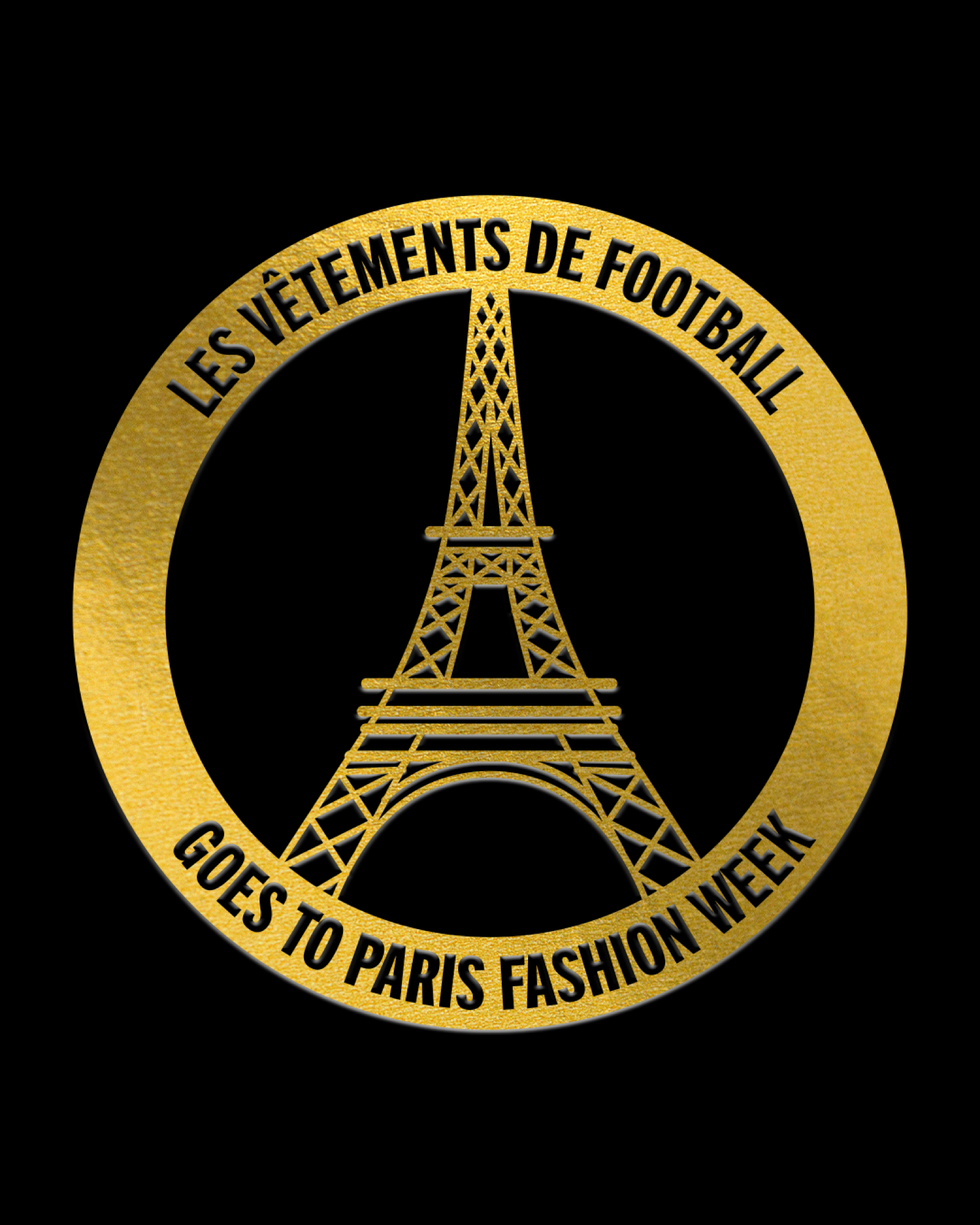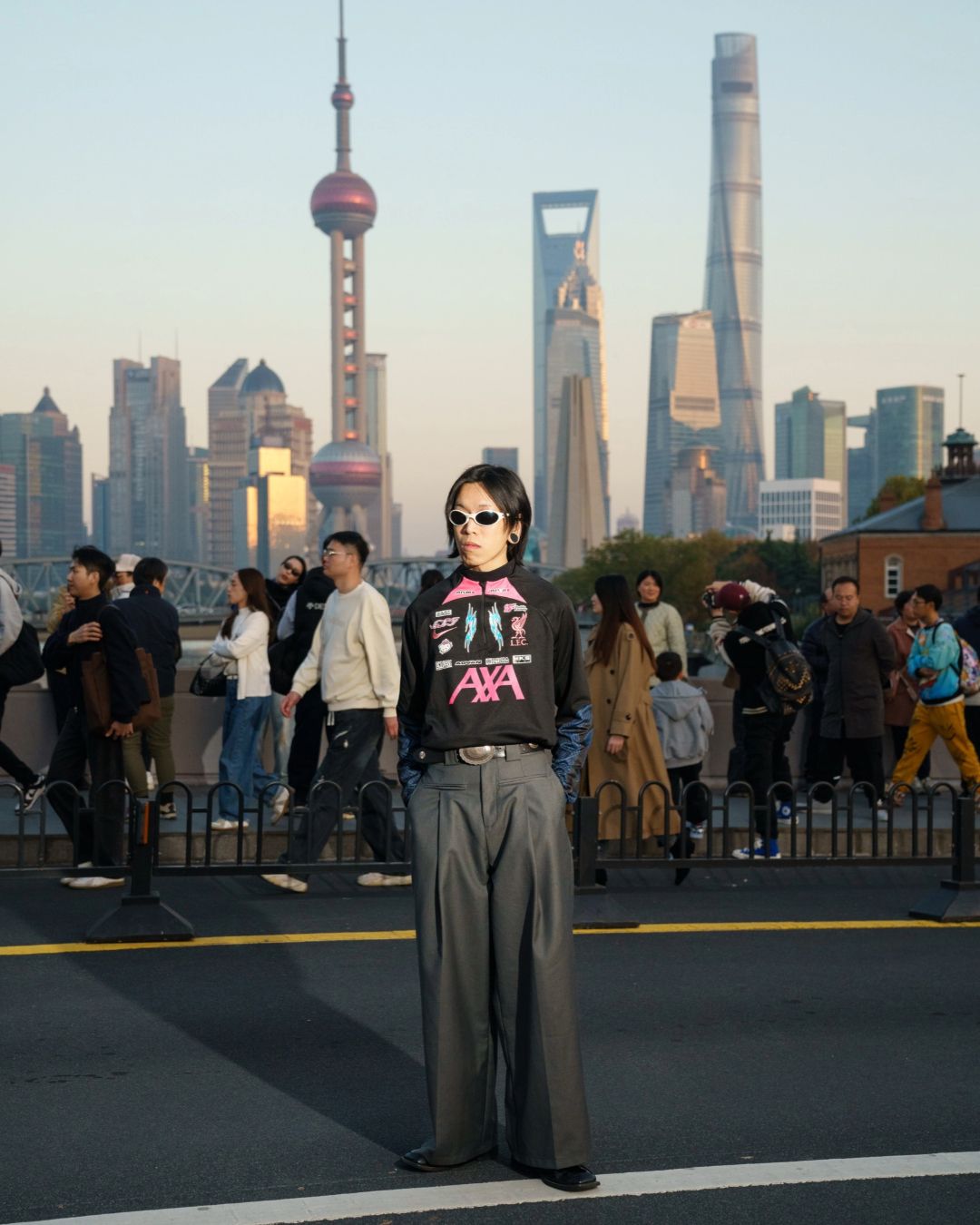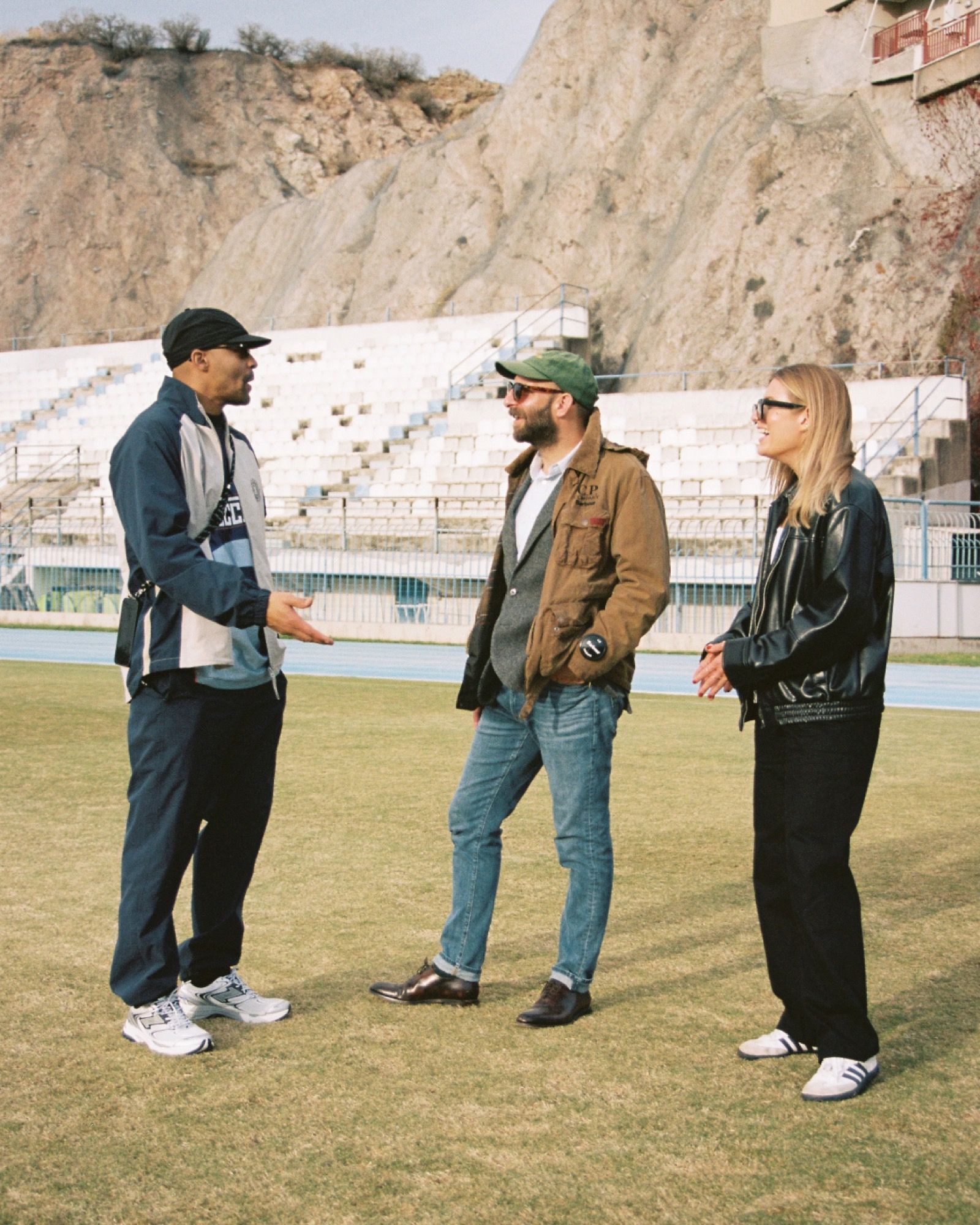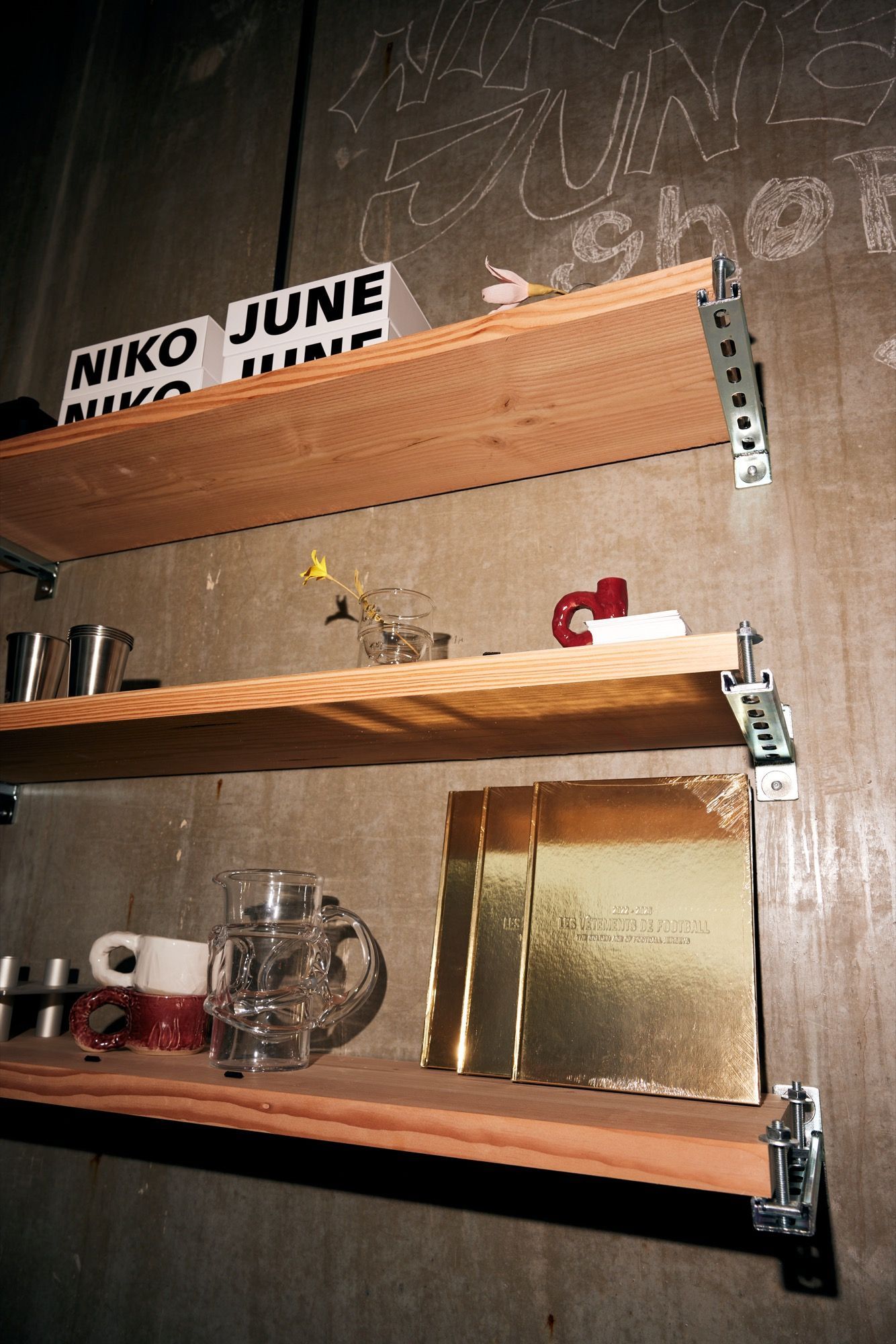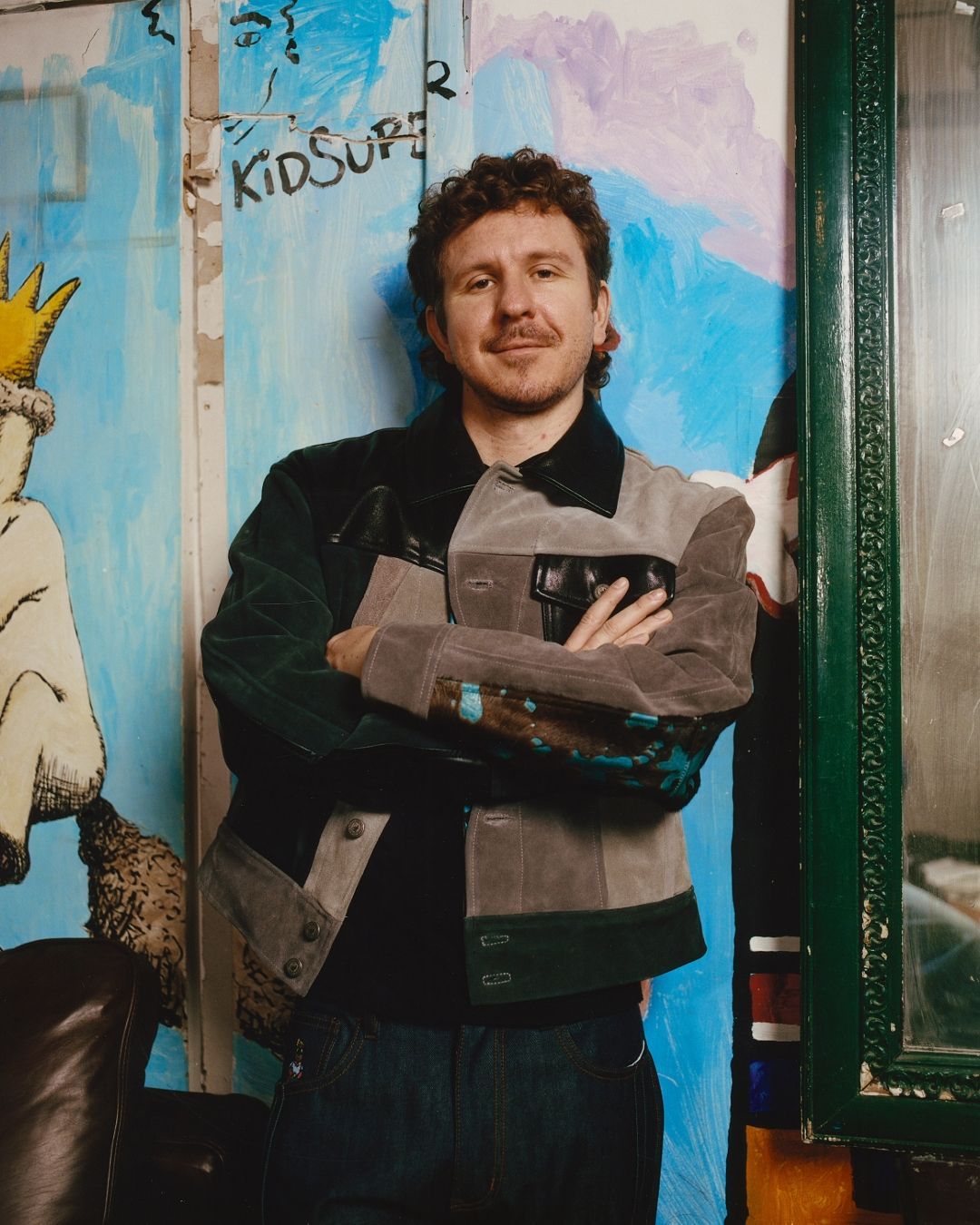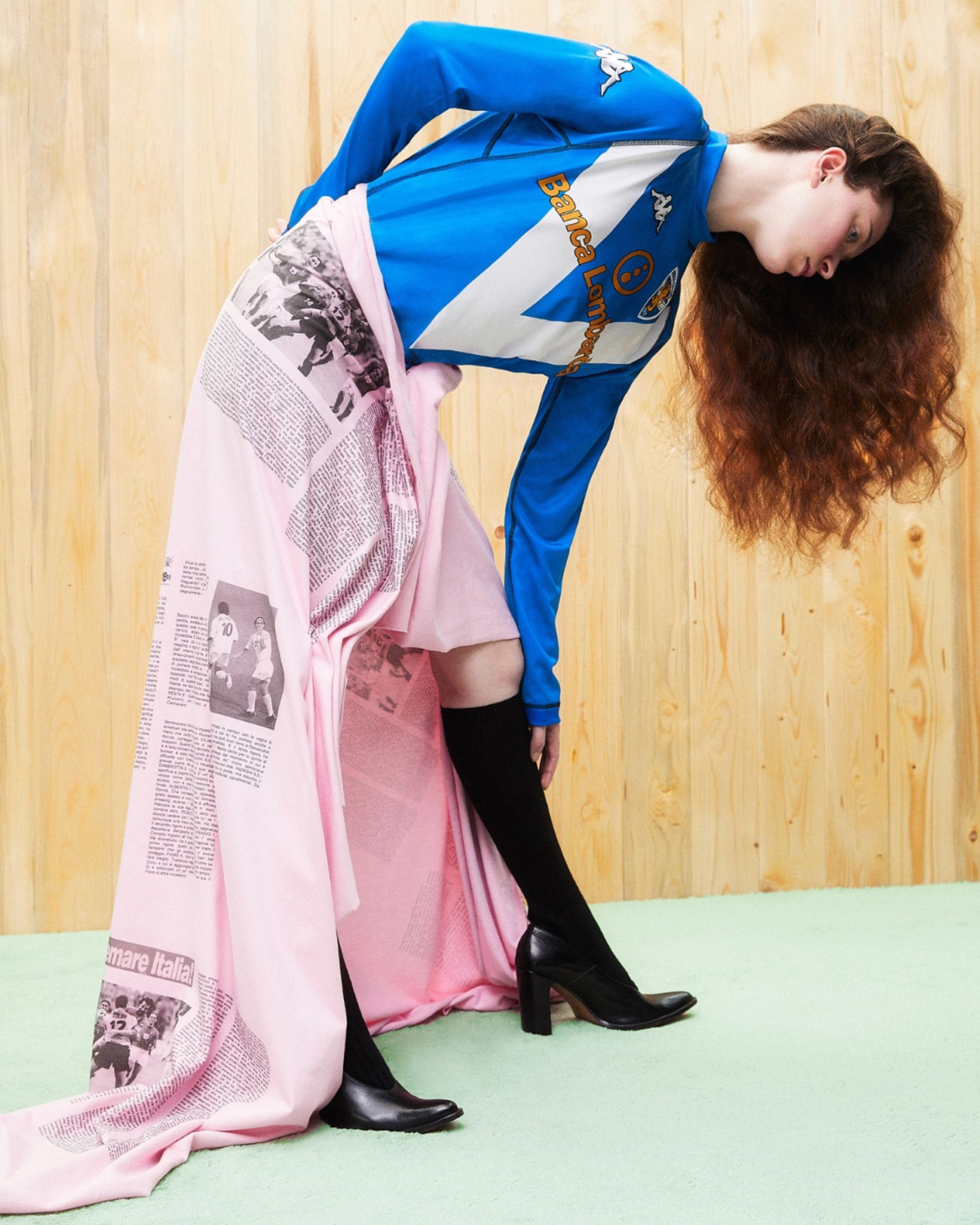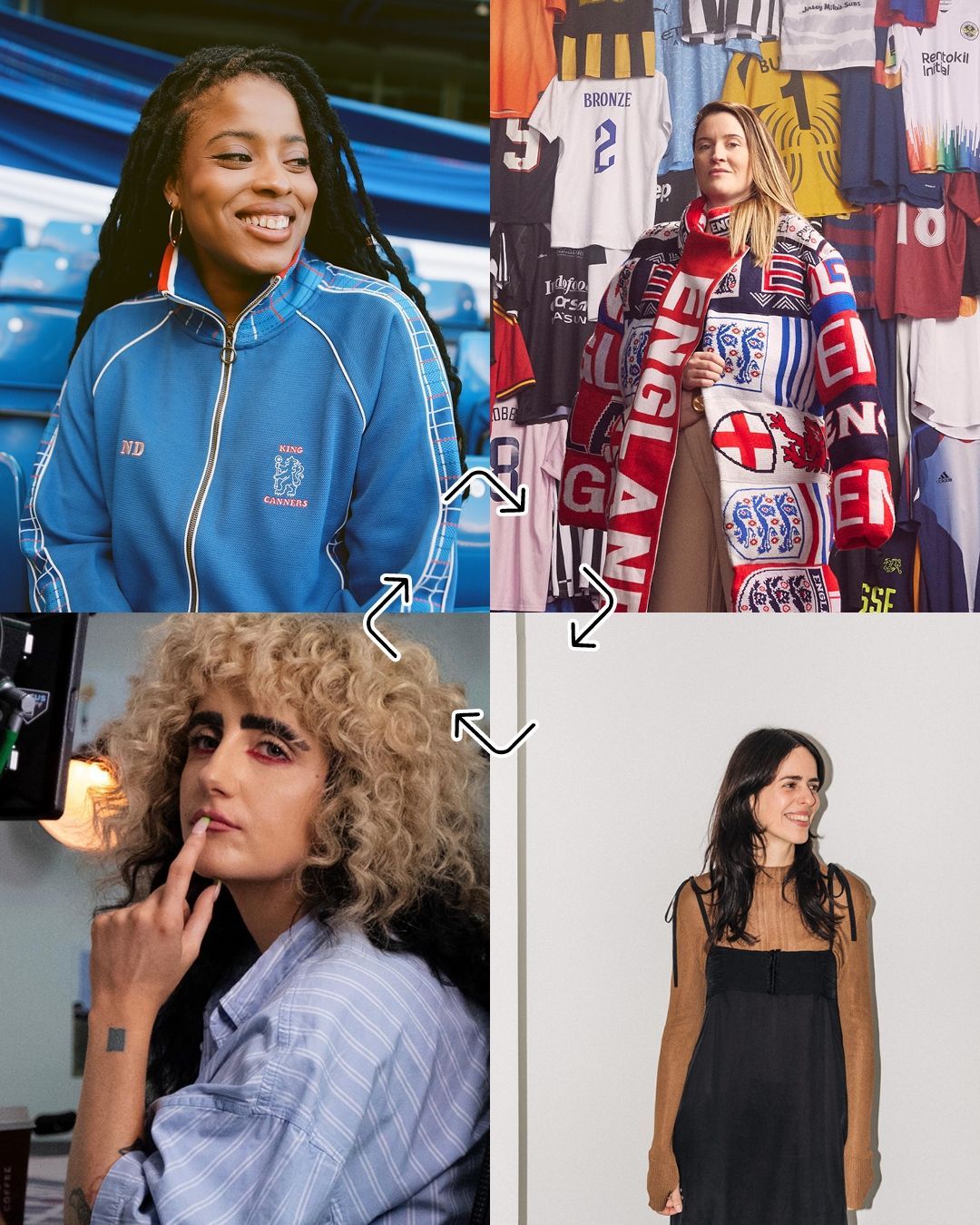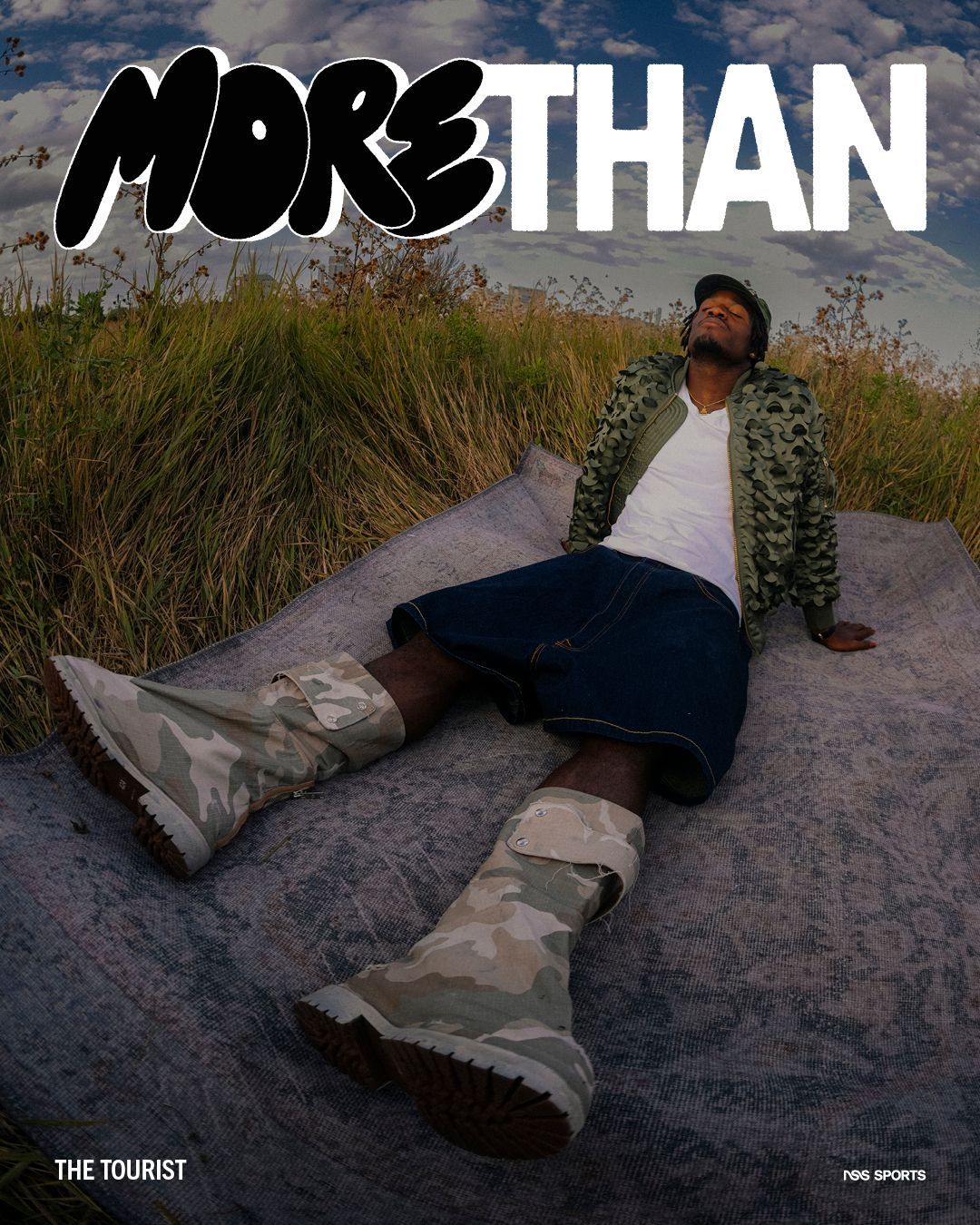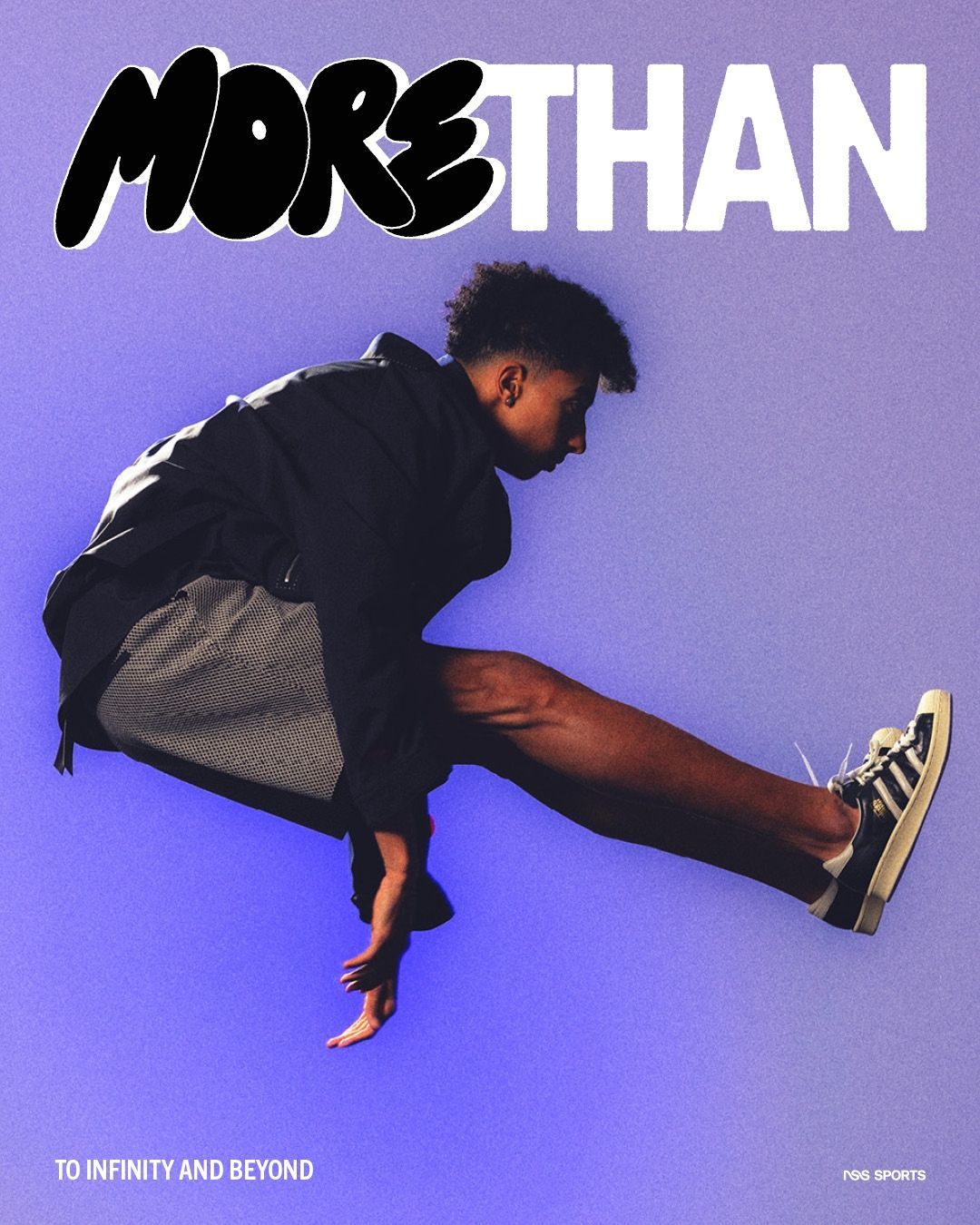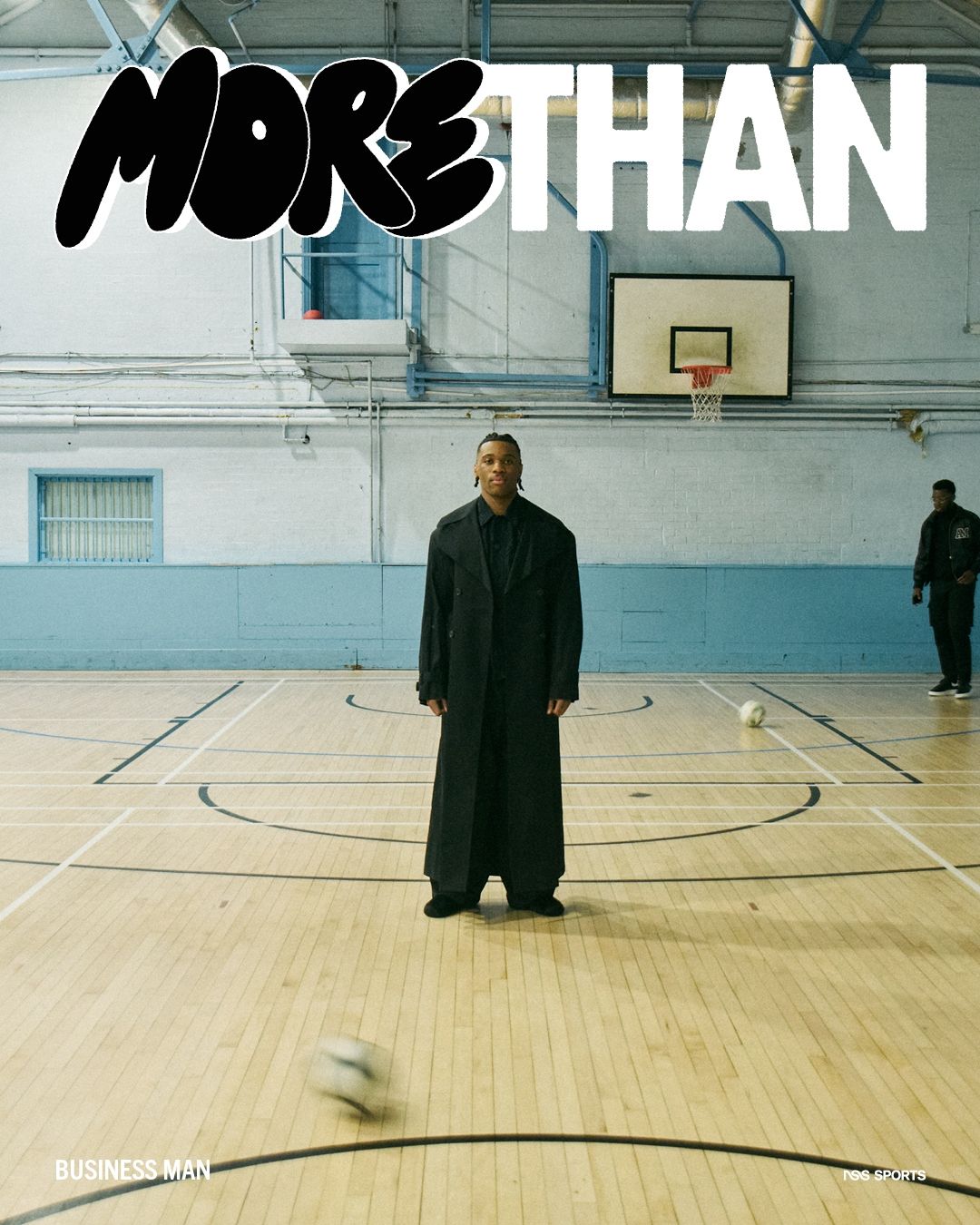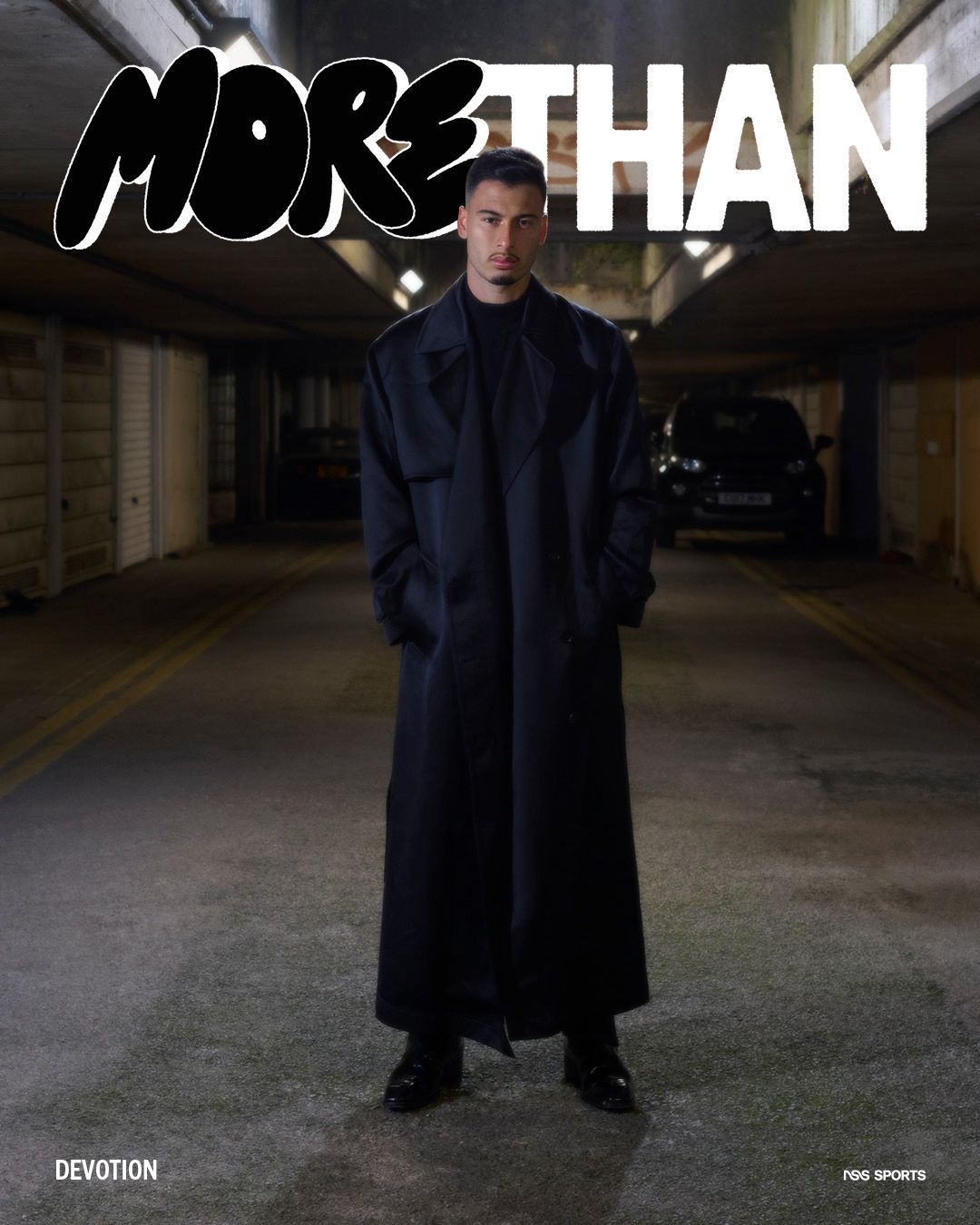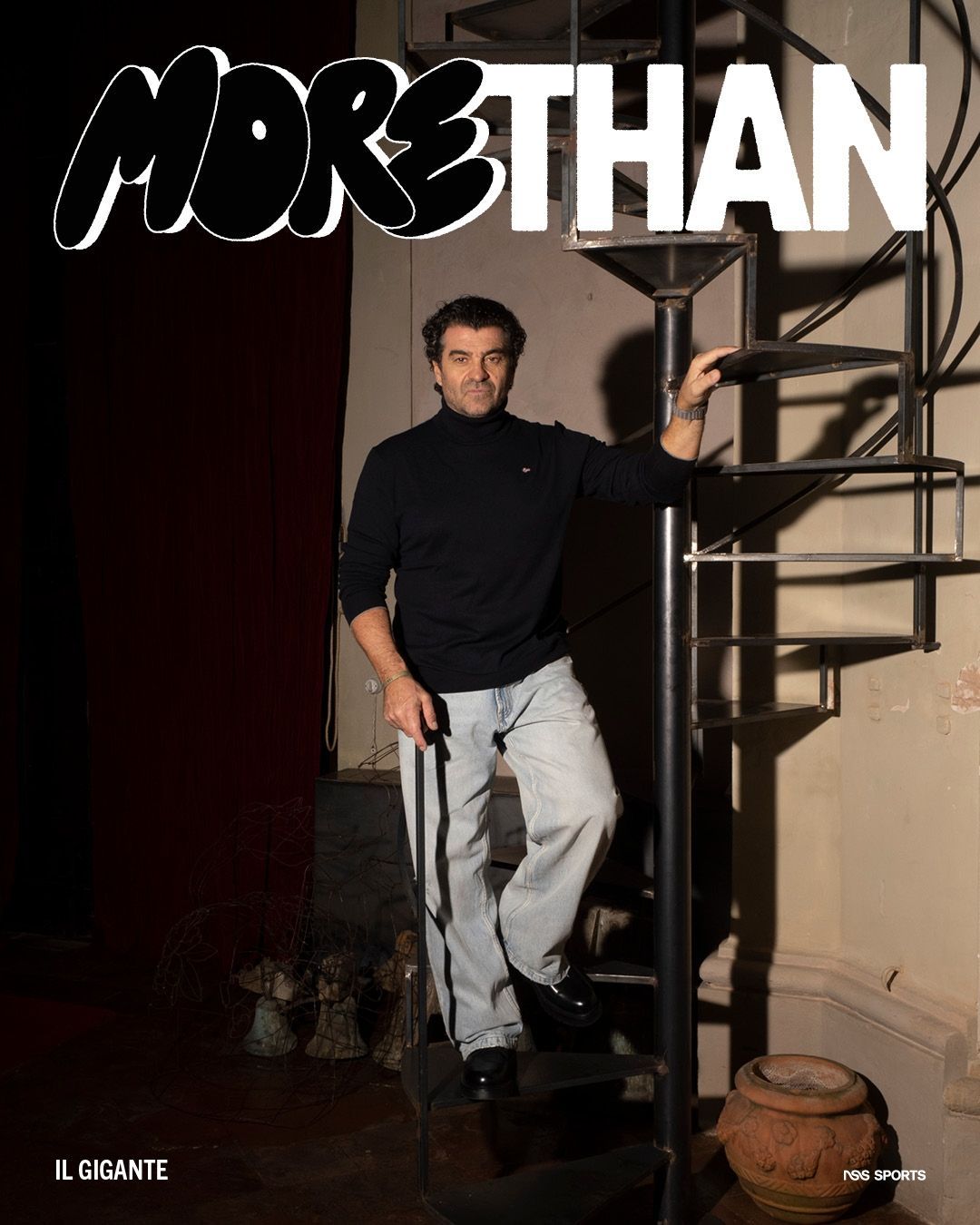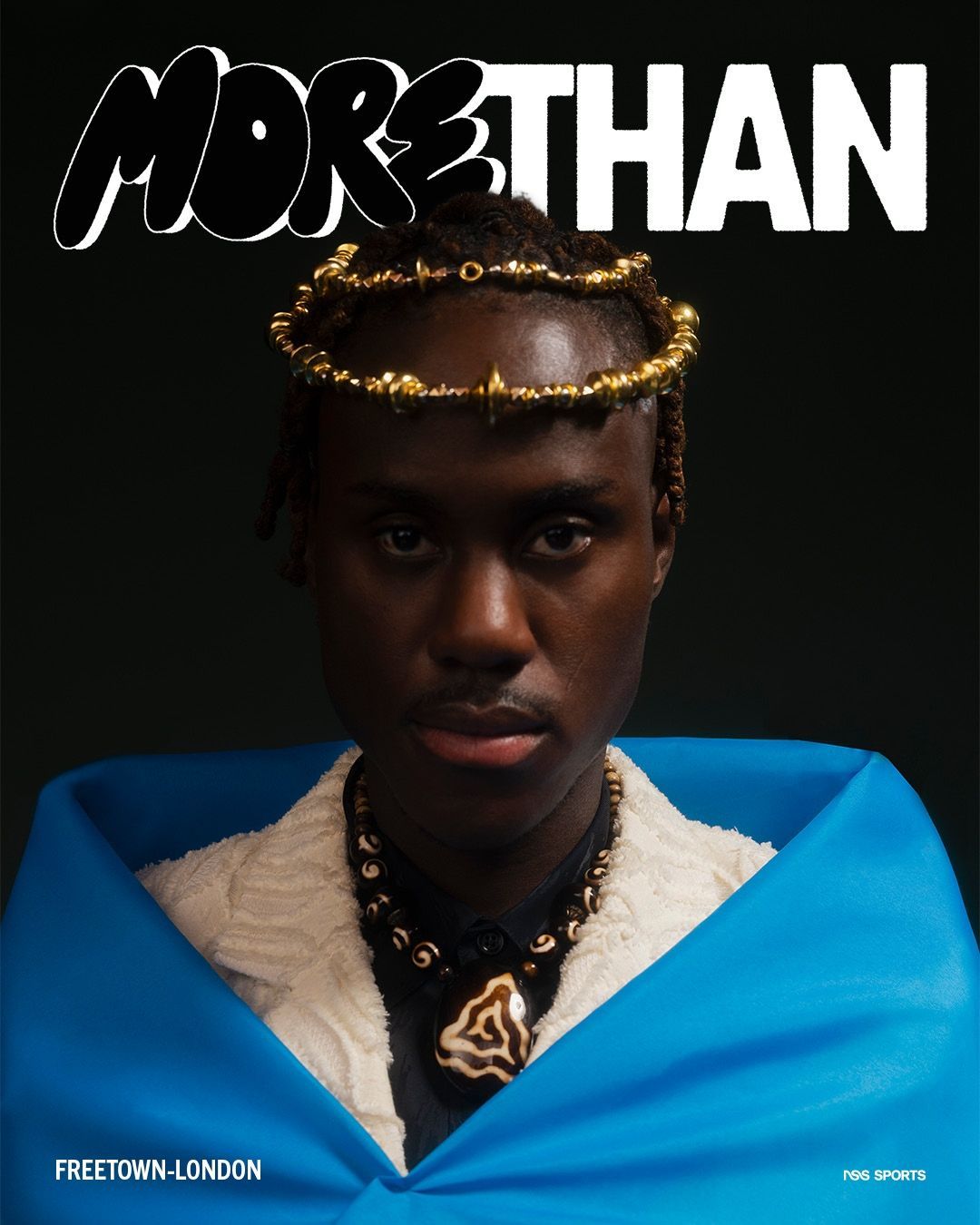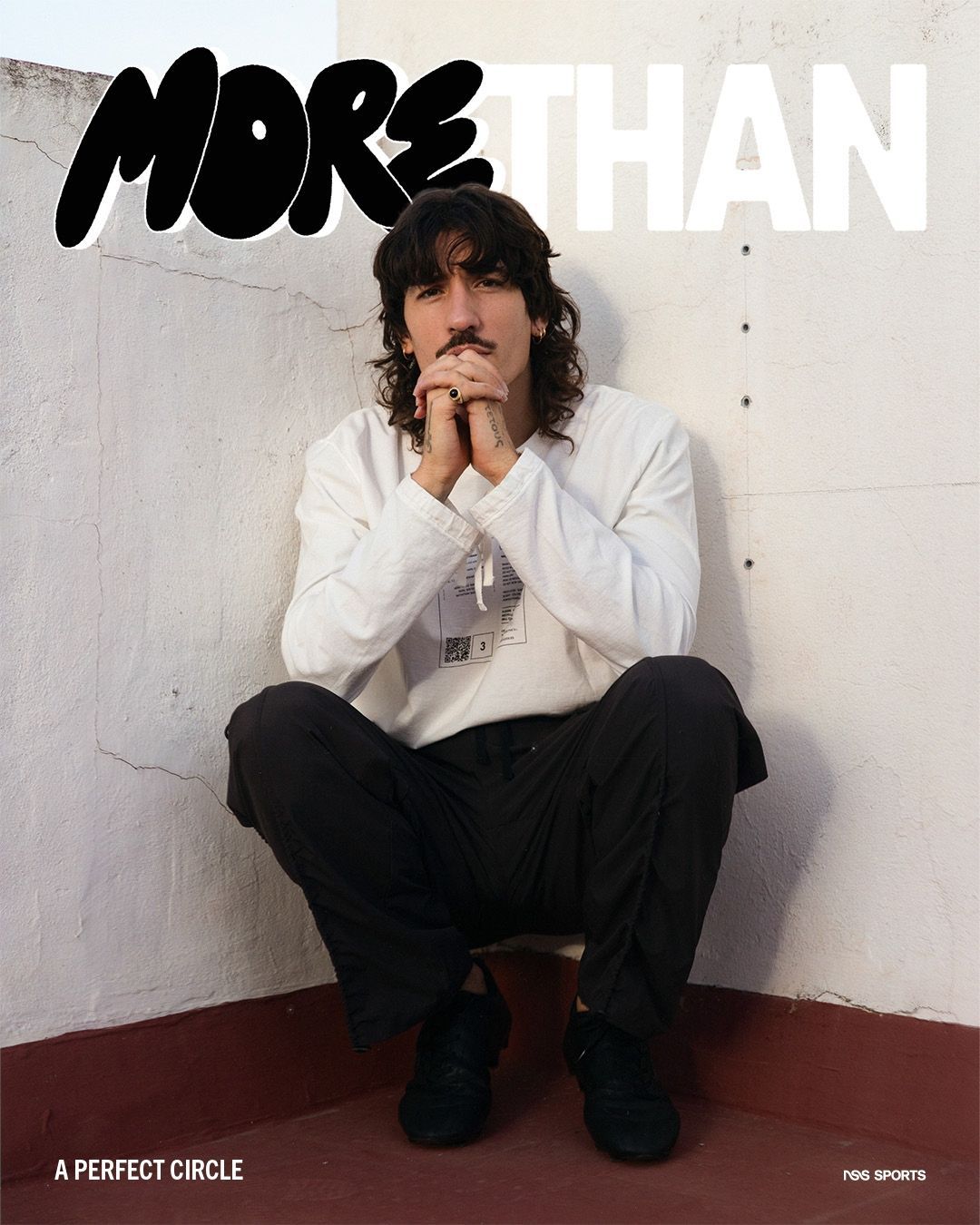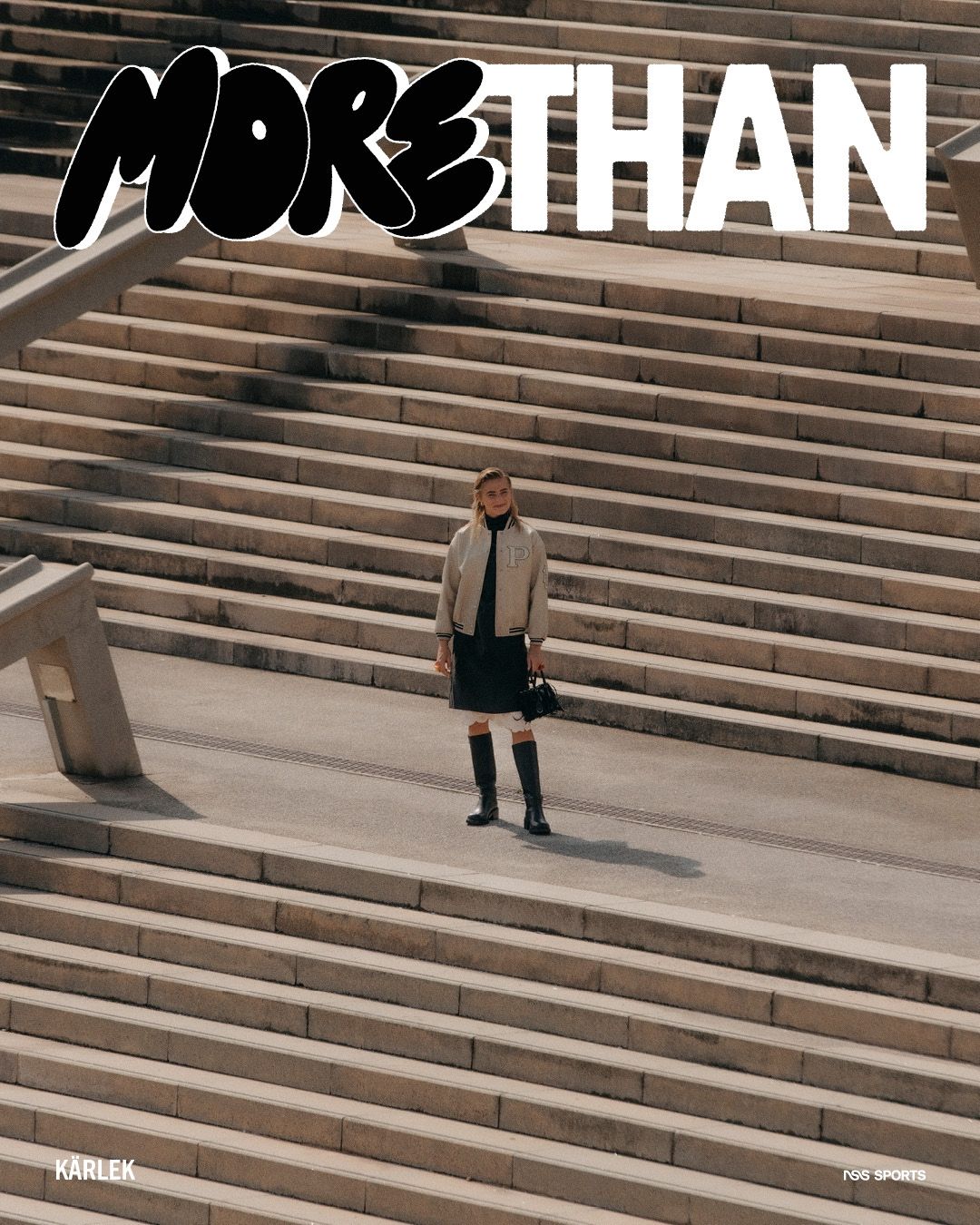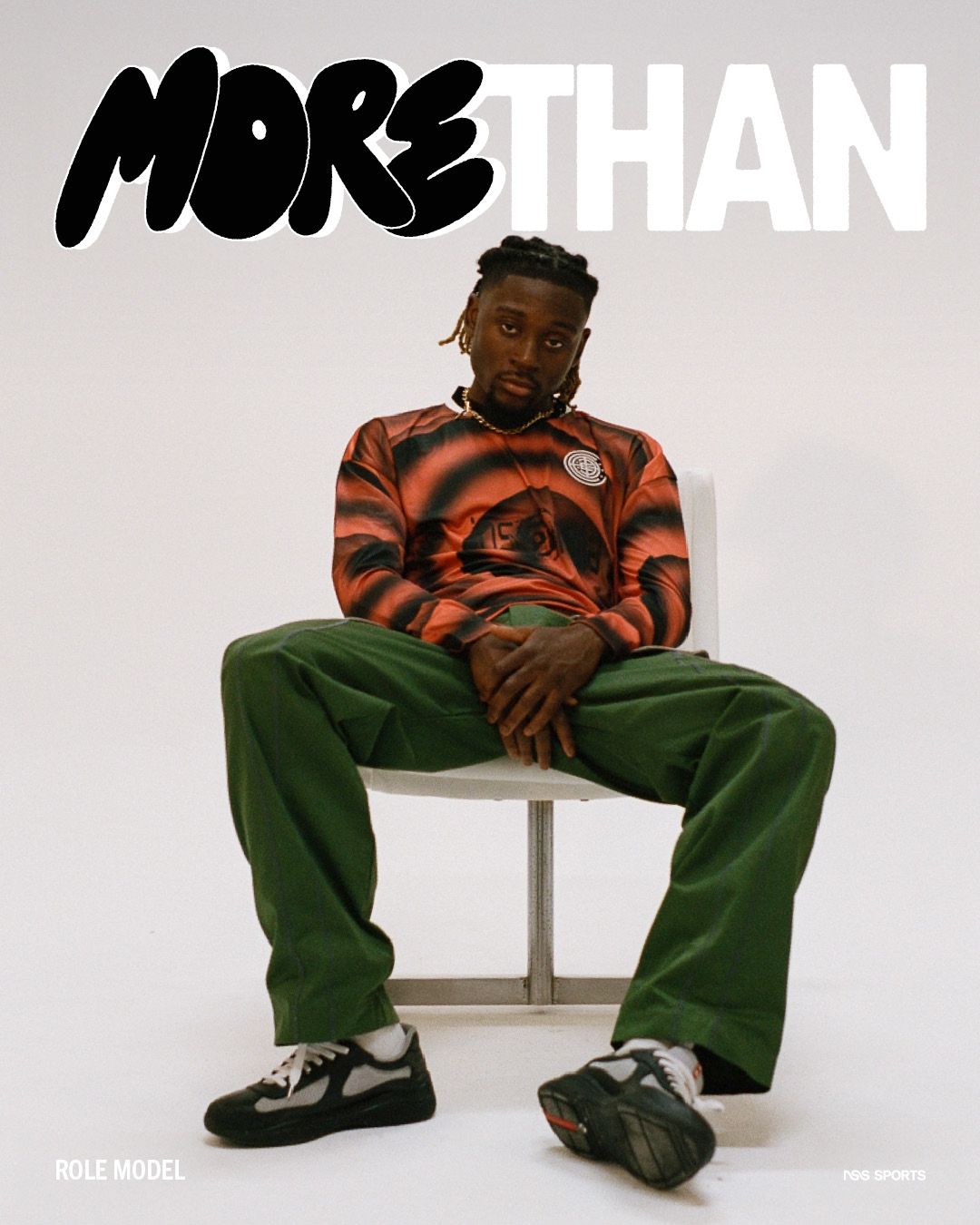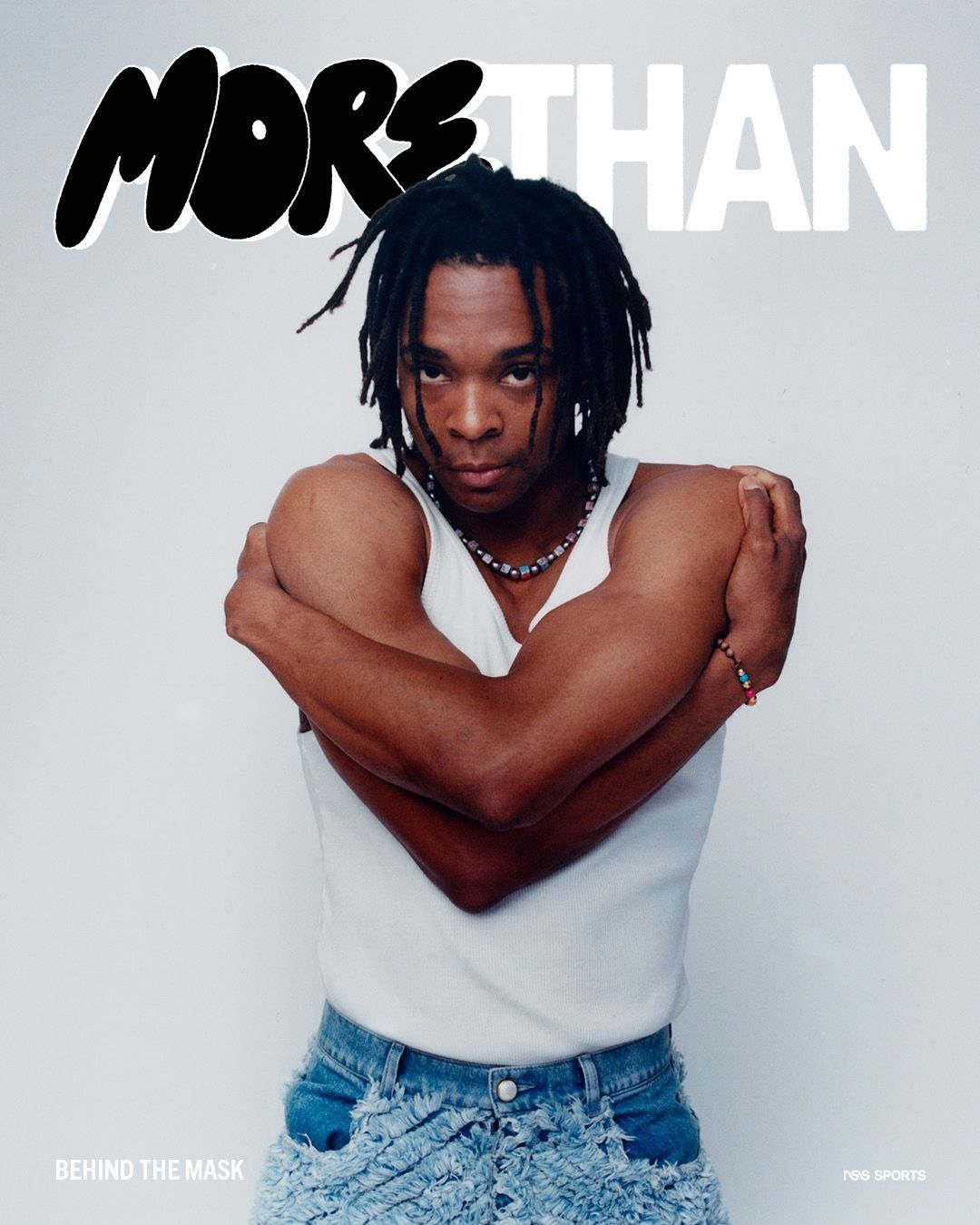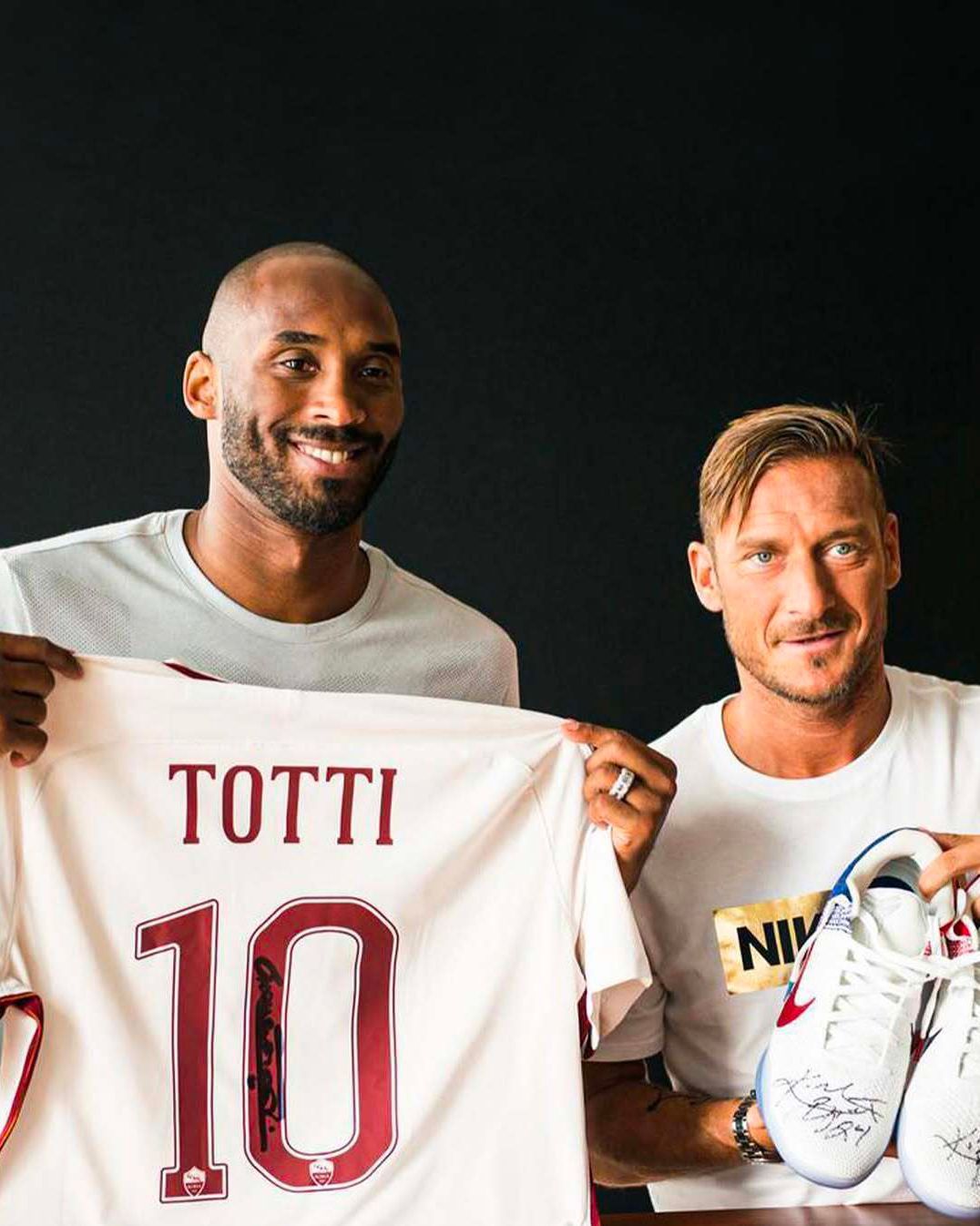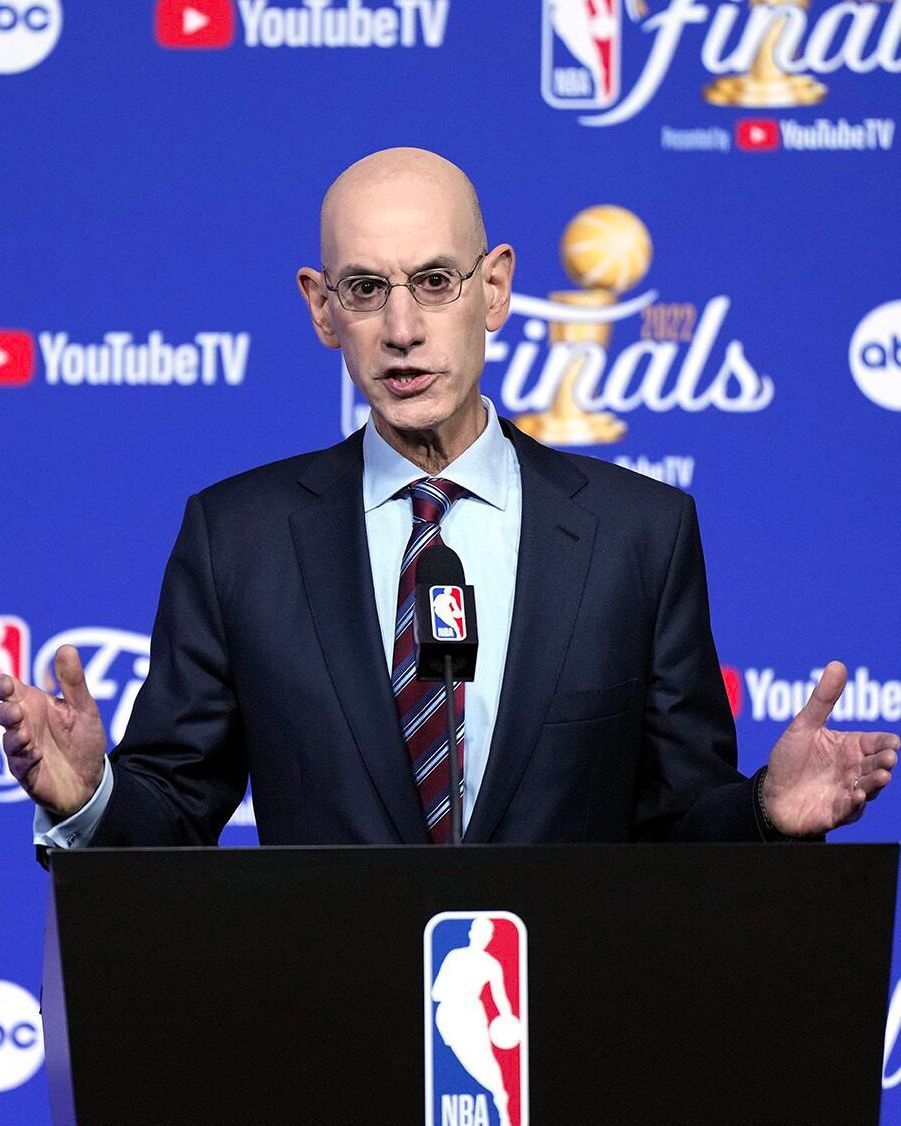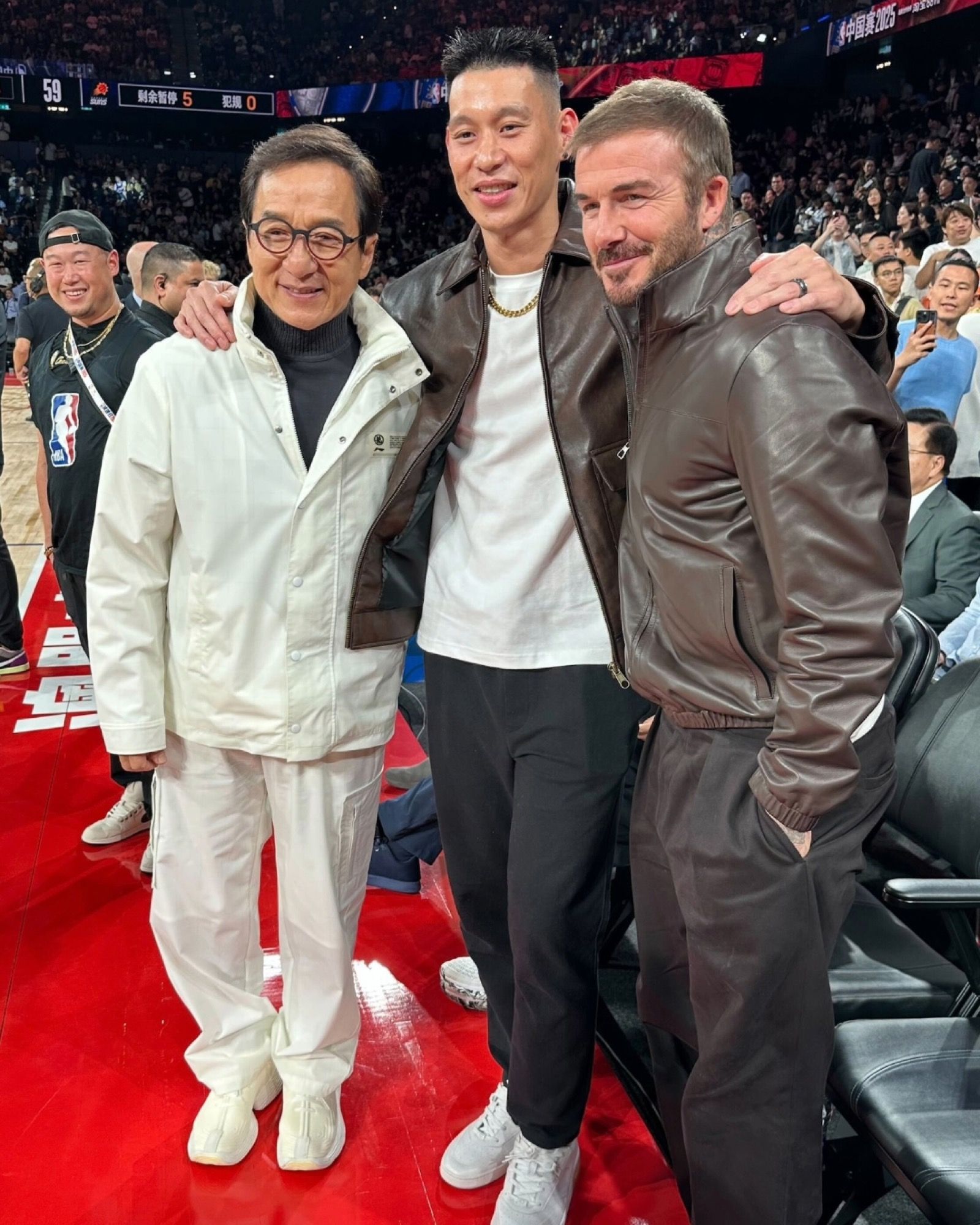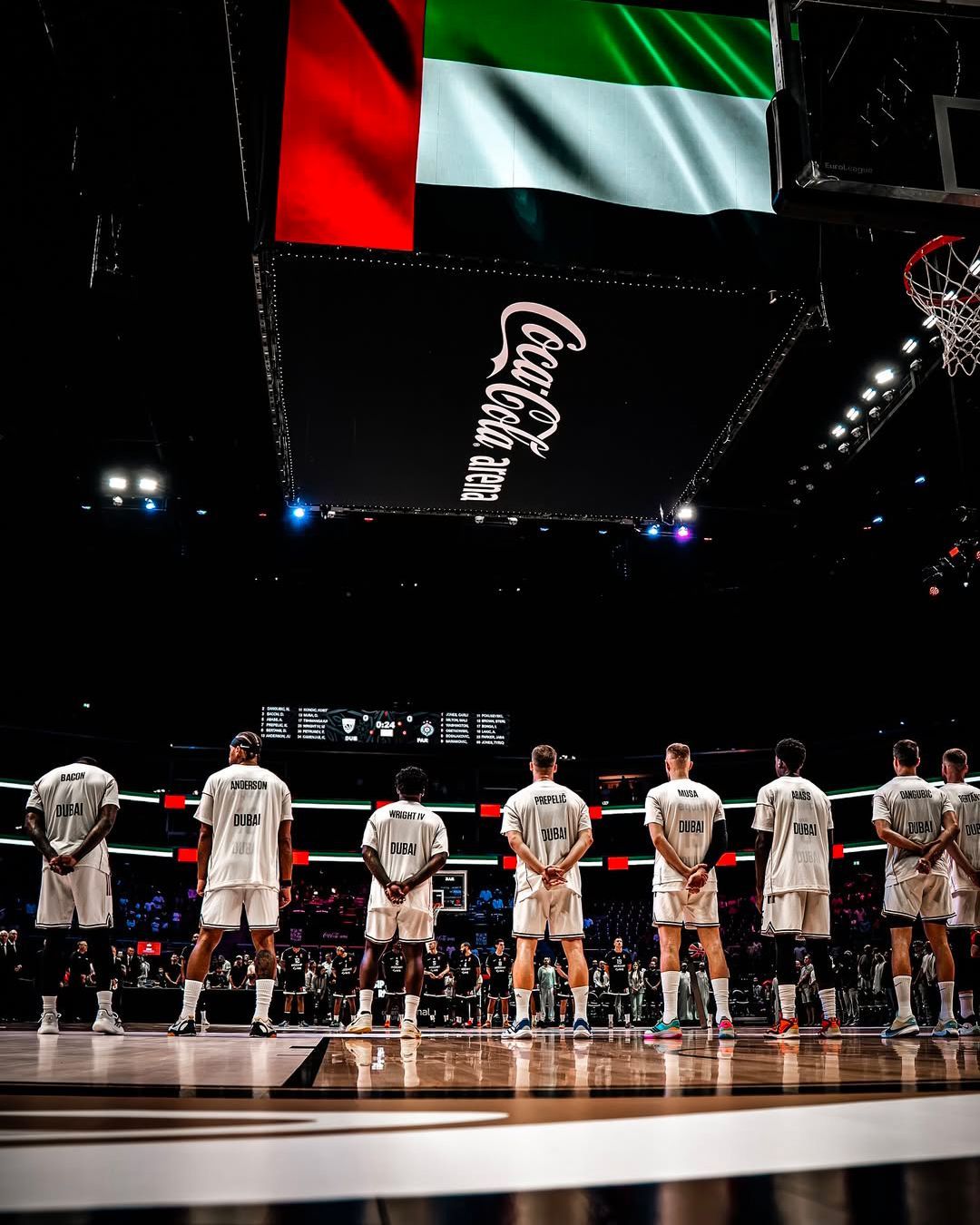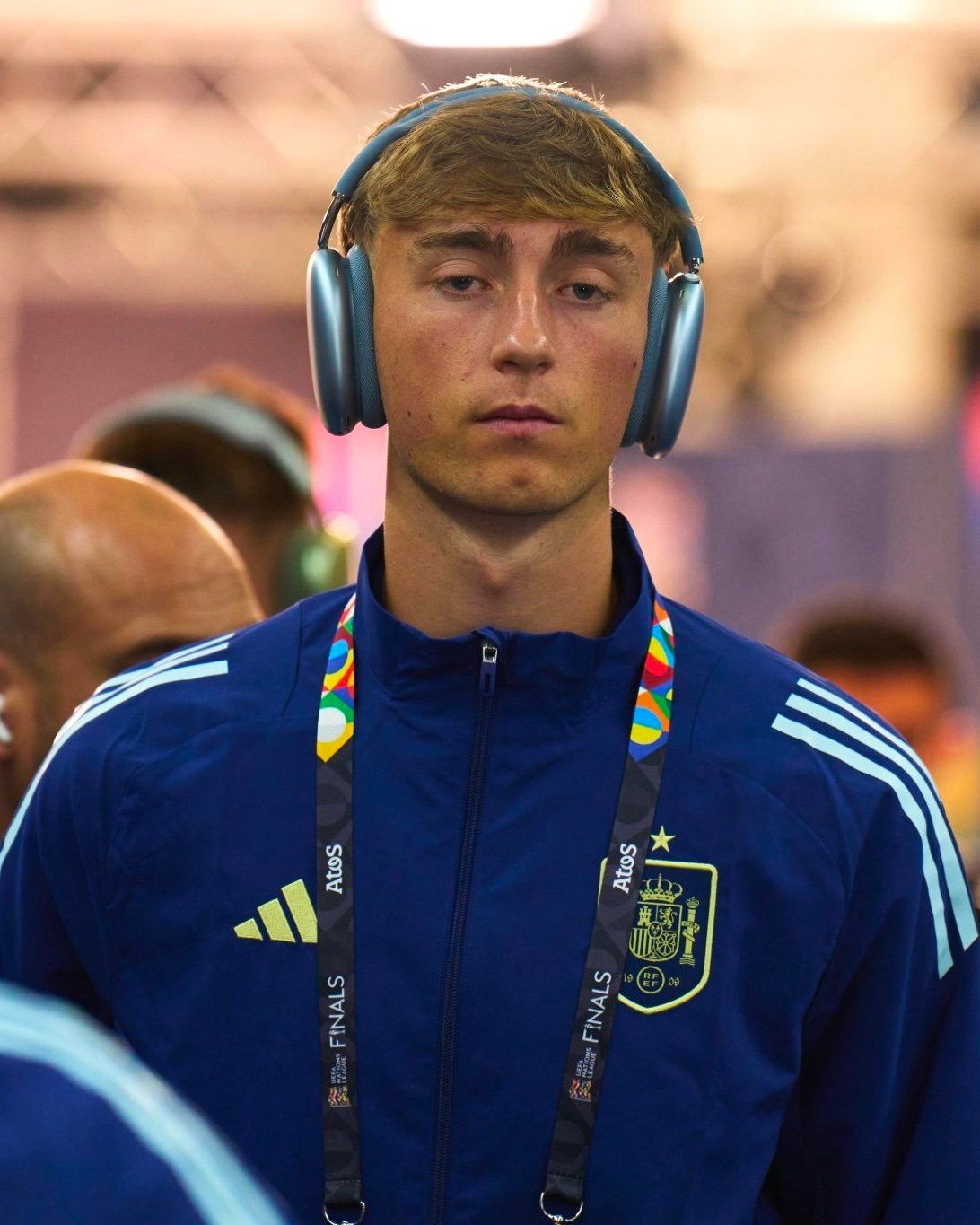
What will become of the Dallas Mavericks Two months after the shock trade of Luka Doncic, will the franchise really be moved to Las Vegas?
Defending Western Conference champions, one of the best players in the world under contract, top-10 among NBA franchises in terms of value and fanbase participation inside and outside American Airlines Arena. Until two months ago, the vast majority of the NBA looked enviously at the Dallas Mavericks' position. Then on February 1, so much changed, within the organisation and even more so in the public perception. What made those 50 days so dramatic was not just the departure of Luka Doncic, who moved to the Los Angeles Lakers in one of the most surprising and questionable trades of all time. He was, of course, the highlight and, if you like, the real catalyst, but then an unimaginable series of injuries set in: the usual one to Anthony Davis, the serious one to Kyrie Irving, the increasingly full injury report, the decimated long division.
On the pitch, the collapse was inevitable: just four win in the last ten games, the play-in a distant memory and the suspicion that even 2026 will be difficult to sustain when Irving returns after a long break. Not ideal prospects for a squad in which the three most expensive contracts go to two 32-year-olds (Irving and Davis) and a 35-year-old “third violin” Klay Thompson. And even off the pitch, media attention and fan frustration is at boiling point.
A trade that is difficult to explain
As is usual in such controversial cases, a wide variety of theories circulated in the media, on the internet and on social media in the weeks following the trade deadline. Not only the background to the negotiations (a literature destined for a long life), but also a lot of speculation, hypotheses and conspiracy theories about the owners of the franchise. That is, about the intentions of Patrick Dumont and Miriam Adelson, the owners, and therefore about the involvement of Las Vegas Sands, the global gambling giant inherited by Sheldon Adelson's own widow (founder) and of which Dumont is COO (and from next year CEO). All this happened as part of an unlikely move by the Mavs that required an official statement from the owners.
There are also those who suspect a geopolitical motive behind Doncic's departure, linking it to the position of the Adelson family, known to support pro-Israel causes, as well as the player's origins at a time in history when Slovenia is further than ever from Tel Aviv. This speculation originated on X and was revived by various US accounts before being picked up in an article by The Ringer, which mentioned it - with good points (to which one could add: the presence of Kyrie Irving on the team, the league's first voice for the Palestinian cause) - in a list of the “craziest theories of the month”. The team's momentum and the rumours behind it are a good opportunity to shed some light on the Dallas Mavericks' status in the NBA universe, which may be a little skewed after the last few weeks. And also to bring some order to thoughts about the possible, nay probable or imminent expansion of the league that inevitably gets talked about with any seismic move within the league. And this topic does indeed have to do with Las Vegas - but not the Dallas Mavericks.
Conspiracy theories
Patrick Dumont said in an interview with the Dallas Morning News on 8 March. March that “the Mavericks are not going to move to Las Vegas, there's no question about it: The Mavericks are the Mavericks and they will stay in Dallas” And the news isn't so much his words, which are similar to those of general manager Nico Harrison (“the Adelson and Dumont families are committed to investing and building in the Dallas/Fort Worth area, they have absolutely no plans to move the team out of North Texas”); rather, the point is that their own interventions were necessary after days of all sorts of speculation had indeed been voiced. “Some insiders believe the Doncic trade was the first step in making the Mavericks less profitable,” reads a reconstruction published in The Cord, ”possibly paving the way for a move. After the trade, ticket sales, merchandising revenue and fan engagement declined.” And from that (unrealistic) premise came the connection to Las Vegas, where the Adelson family is well established and “where Adam Silver has long indicated he's ready to expand, as the Summer League and NBA Cup experiments have shown”.
The Las Vegas Review-Journal has devoted several articles to this topic in recent weeks. A March 15 article titled “No, the Mavericks aren't moving to Las Vegas” pointed out that “while the new owner is connected to Las Vegas Sands, there's nothing to suggest relocation. It's far more likely that Las Vegas will get a franchise through expansion than by moving a stable, well-run team like the Mavs.” A sensible clarification, for two reasons. First is the solidity of the Mavericks, who rank ninth in Forbes' ranking of NBA franchises by business value ($4.7 billion), with an established fan base, a booming economic metropolis, a decent sports tradition and a strong identity. In short, if there's one franchise that's currently under serious threat of relocation, it's certainly not the Mavericks. The choice would be smaller markets, less loyal fan bases, less profitable arenas and insecure ownership.
The second reason is that, at least for now, it is highly unlikely that the league will choose the relocation route to bring the promised franchise to Sin City. In this context, it's useful to remember that if the league were to expand and thus grow to 32 teams (with two new additions), the new franchises would each have to pay an entry cheque of around $7 billion. This sum would be split between the other organisations, totalling more than 450 million per organisation. Why would the board of governors -- the governing body of the league that includes the 30 owners -- approve Las Vegas' a free admission through the back door? Adam Silver himself recently said that “the NBA has a committee looking at possible expansions” and that he is “not aware of any franchises currently looking to relocate”
Mavs and gambling in Texas
“I don't know why people think that,” Patrick Dumont said in response to the rumours that have been circulating recently. “It's true, we live in Las Vegas, but we have investments all over the world and our strategy for the Mavericks is rooted here. Dallas is the city we want to be in and are investing in to stay. We're not here to take the team somewhere else. We're here to make it grow in Texas.” After taking over the majority of the franchise from the previous owner Mark Cuban, many wondered what interest the very wealthy family - which includes Dumont, Miriam Adelson's son-in-law - had in a Texas NBA team in a market where gambling - Las Vegas Sands' primary business - is subject to particularly restrictive regulations. The answer is simple: you need to have strong local clout to build consensus (in this regard, the Doncic trade may not have helped), visibility and infrastructure in Texas; and in turn, lobby for regulatory change to be in pole position in such a scenario.
Twenty miles outside of Dallas, in the city of Irving, there is concrete evidence of the Adelsons' long-term plans in the city and work behind the scenes to create a gambling centre in Texas, should the law allow it. The Mavs' owners have purchased a 182-acre site, the former Texas Stadium, on which they plan to build an arena with at least 15,000 seats (in the style of the Intuit Dome in Inglewood, the new home of the Clippers), a luxury hotel with more than 1,750 rooms, commercial facilities, public plazas and - guess what - a huge casino resort. The zoning map amendment request has already been tentatively approved by the City Council, but the game is being played primarily at the state legislative level.
A private, self-contained arena with all the economic and logistical benefits designed to maximise revenue from events, corporate seating and naming rights and reinforce the team's identity would be a game changer for the Mavs, who currently share American Airlines Arena with the Dallas Stars (NHL), whose lease expires in 2031. In the meantime, 12 acres of land in downtown Dallas have also been purchased to build a new training centre. That doesn't exactly sound like the steps before a move. So far, at least, the Adelson family's cash flows and logistical decisions clearly describe a plan rooted in Texas. The notion that the owners want to abandon Dallas flies in the face of the facts, both in the short term and in the medium to long term.
The NBA will arrive to Las Vegas?
None of this puts the rise of Las Vegas as a contender for a spot in the NBA on the back burner or on hold. Quite the opposite: in the last ten years, the Nevada city has undergone a radical transformation and has become one of the most attractive cities for the American professional leagues. The Raiders have landed in the NFL, the Golden Knights in the NHL (and have already won the Stanley Cup), the Aces dominate the WNBA and everything points to the NBA being the next piece of the puzzle.
There is no shortage of facilities: the T-Mobile Arena is modern (opened in 2016), spacious (20,000 seats) and has already been tested with the Summer League. And of course, the economic incentives to bring the NBA circus to the Sin City are tempting. Among the many potential investors, Fenway Sports Group - already the owner of Liverpool (football), Boston Red Socks (baseball) and other big names in the sports industry - along with LeBron James and RedBird Capital, are all in favour of a potential new franchise in Las Vegas. And within the NBA, Tilman Fertitta (owner of the Houston Rockets), Steve Ballmer (Los Angeles Clippers) and even Mark Cuban, who sold the Mavericks but recently told Shaquille O'Neal (former player): “If you, me and LeBron get involved, you could get something interesting going here...”. For its part, the NBA has hinted several times that Las Vegas is in the front row alongside Seattle (ready for the return of the SuperSonics?) in the event of expansion. And after years of waiting, the moment may actually have arrived.

